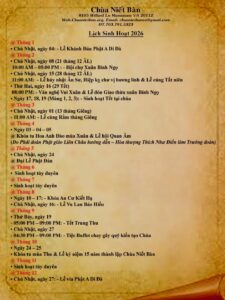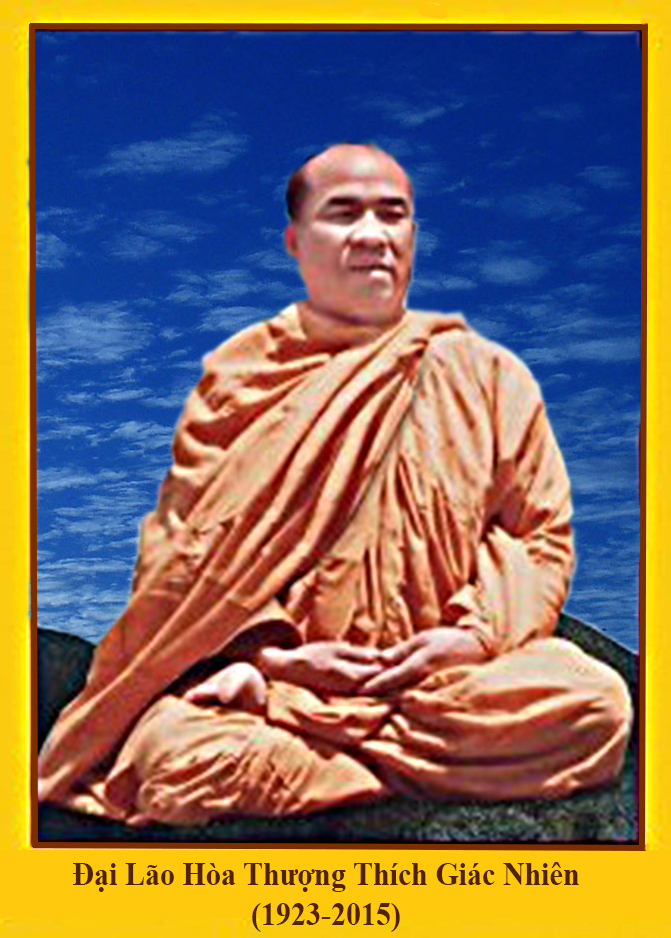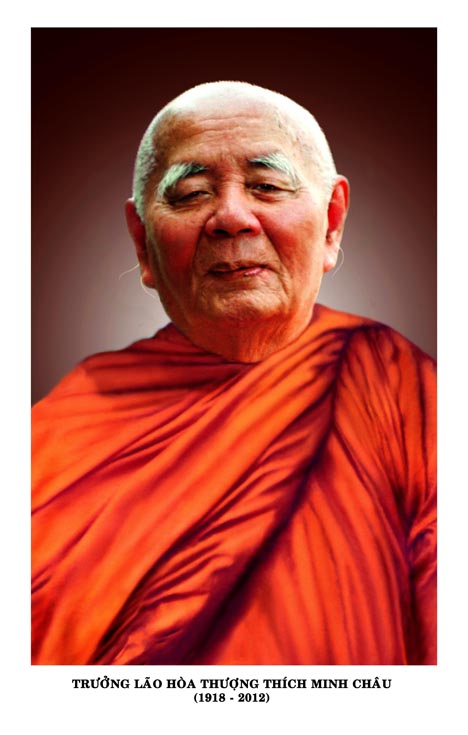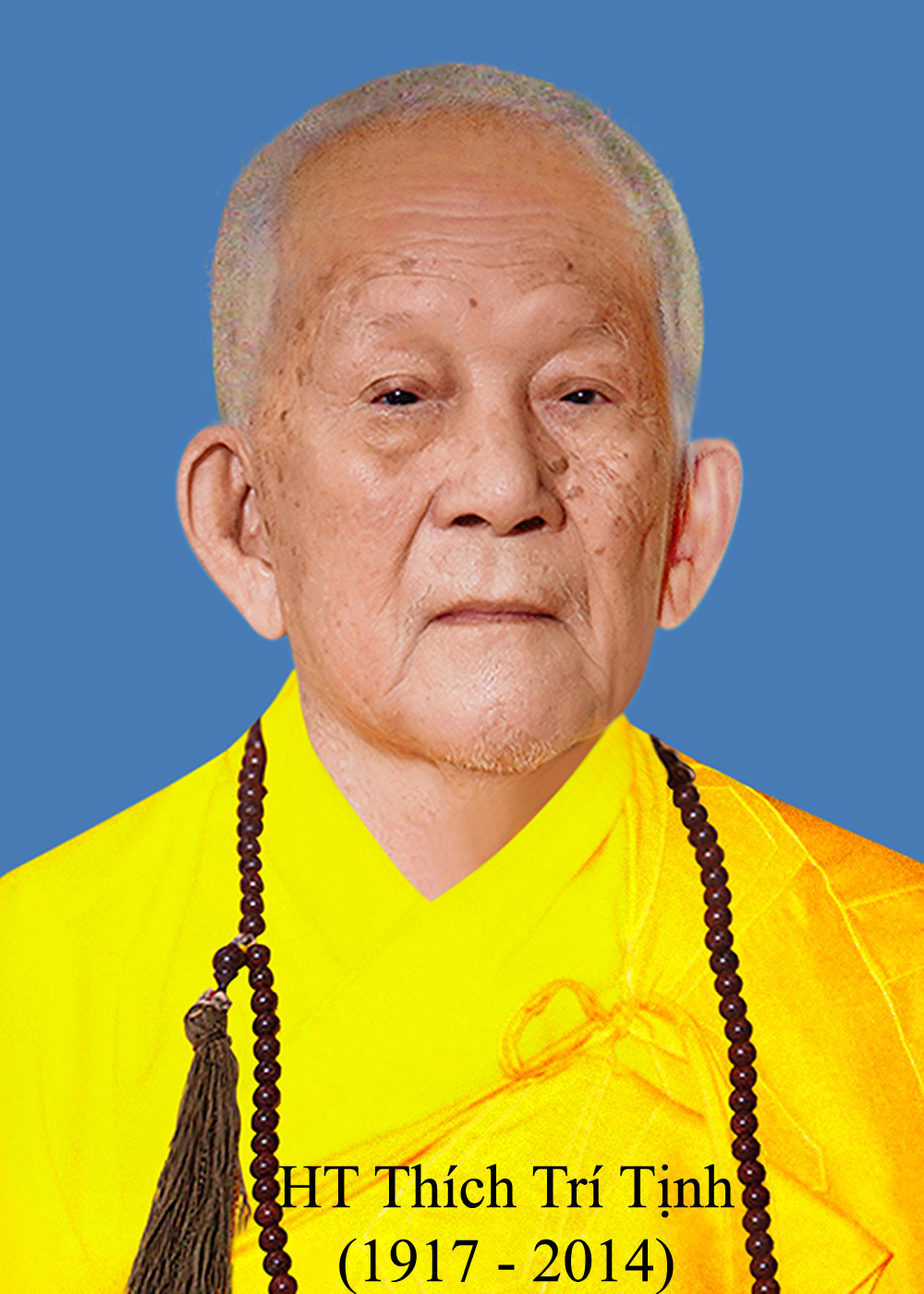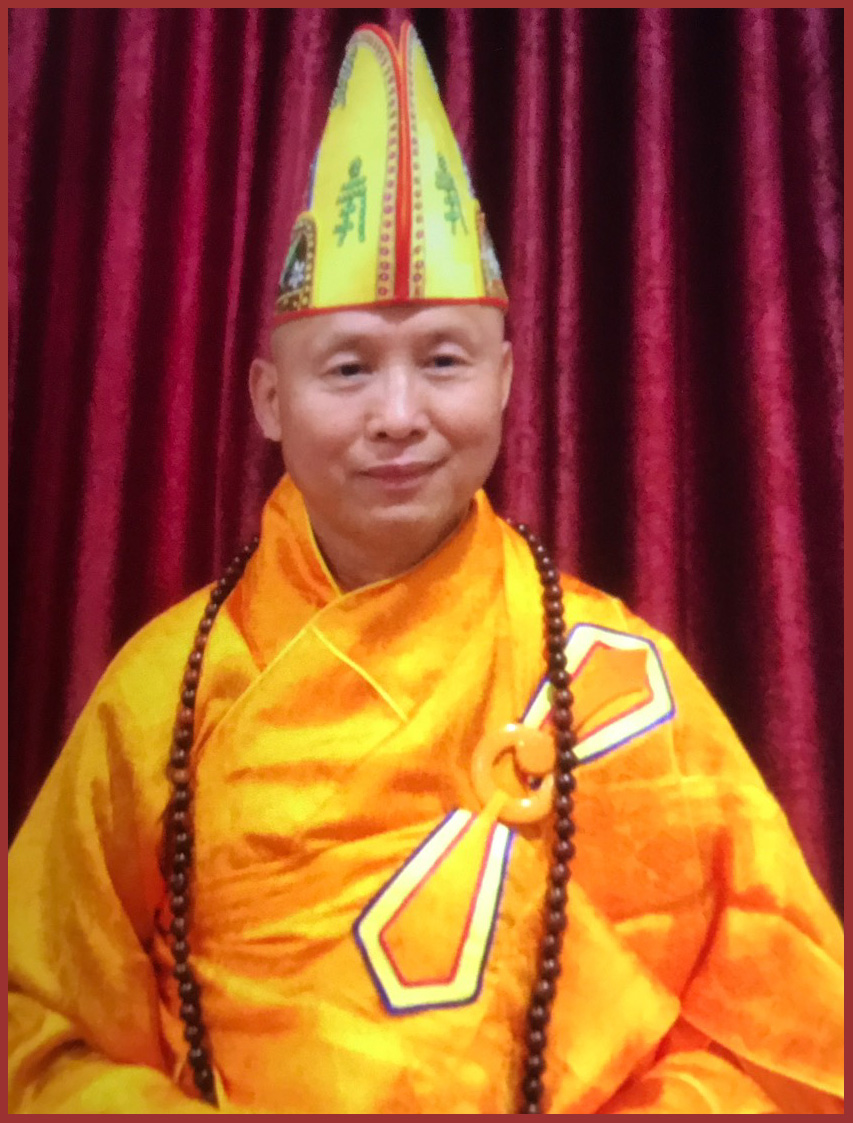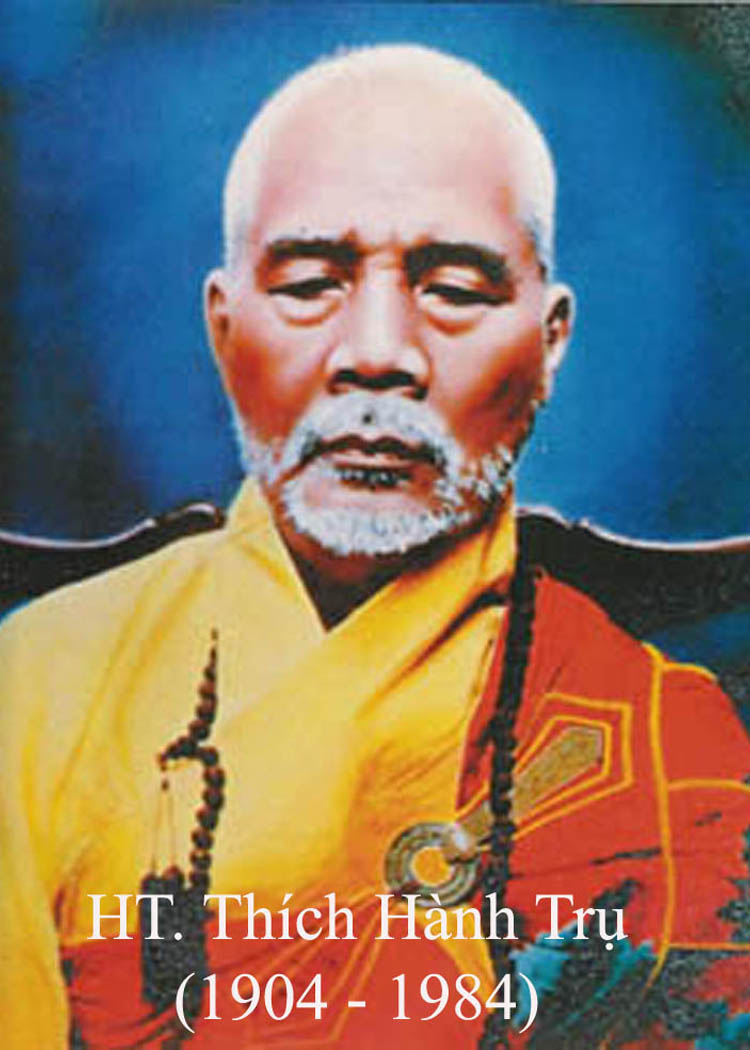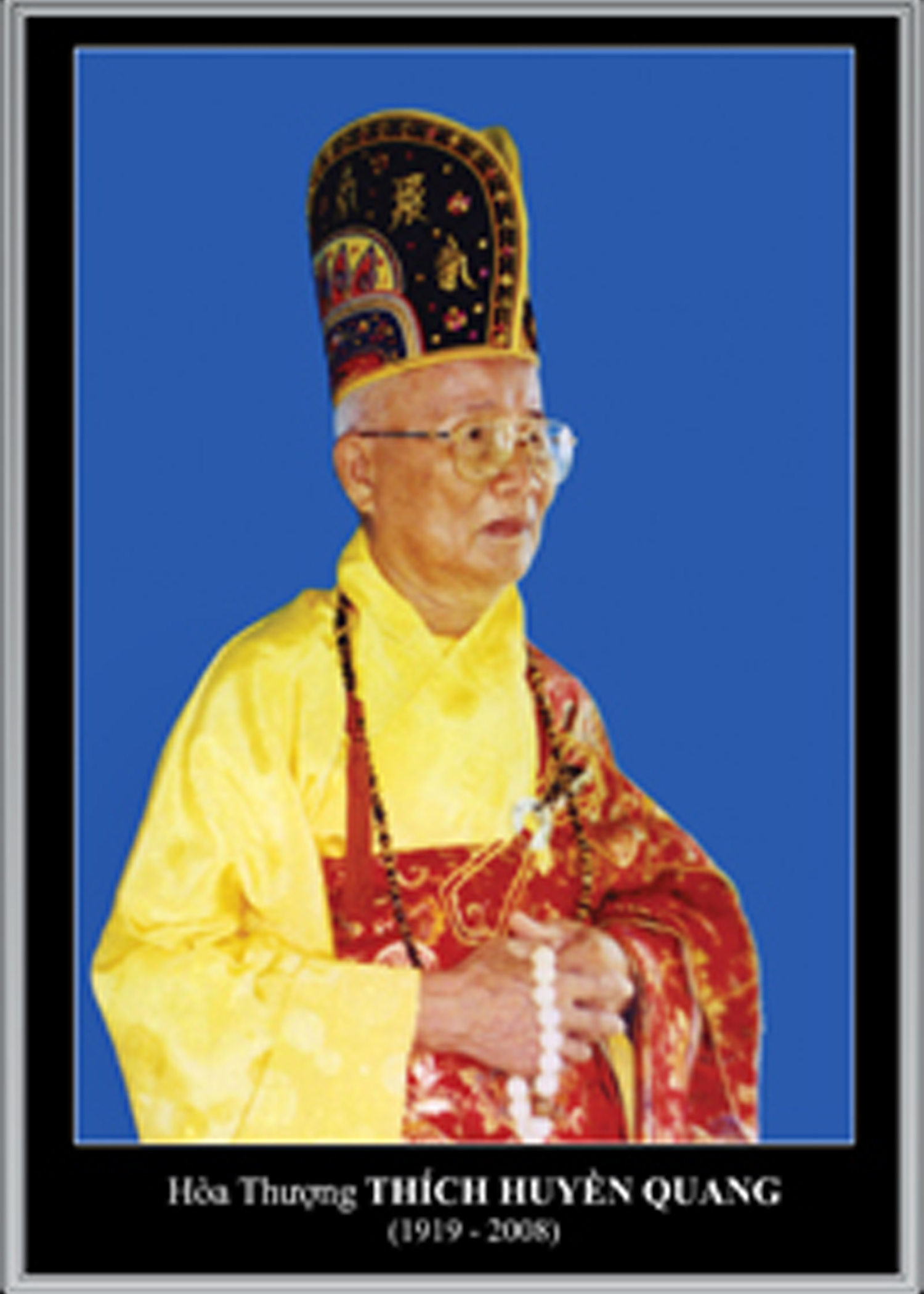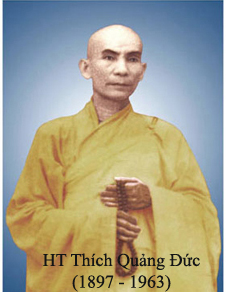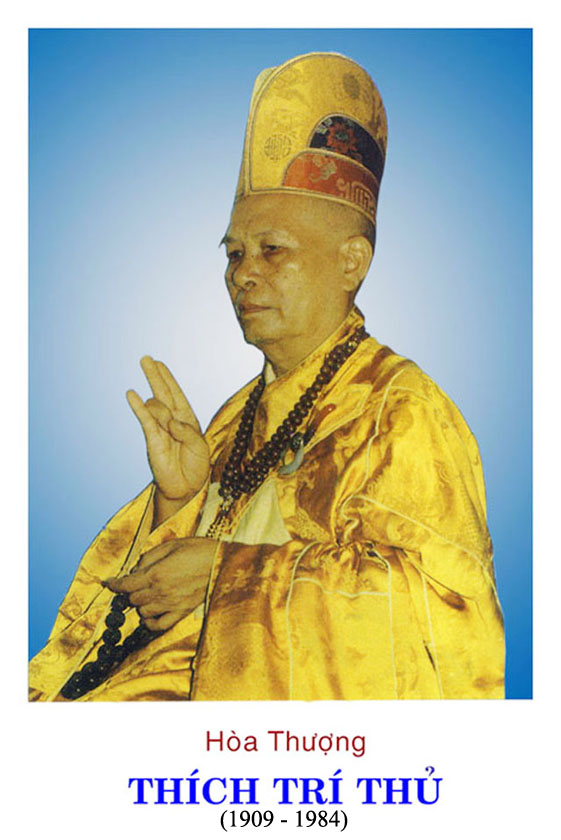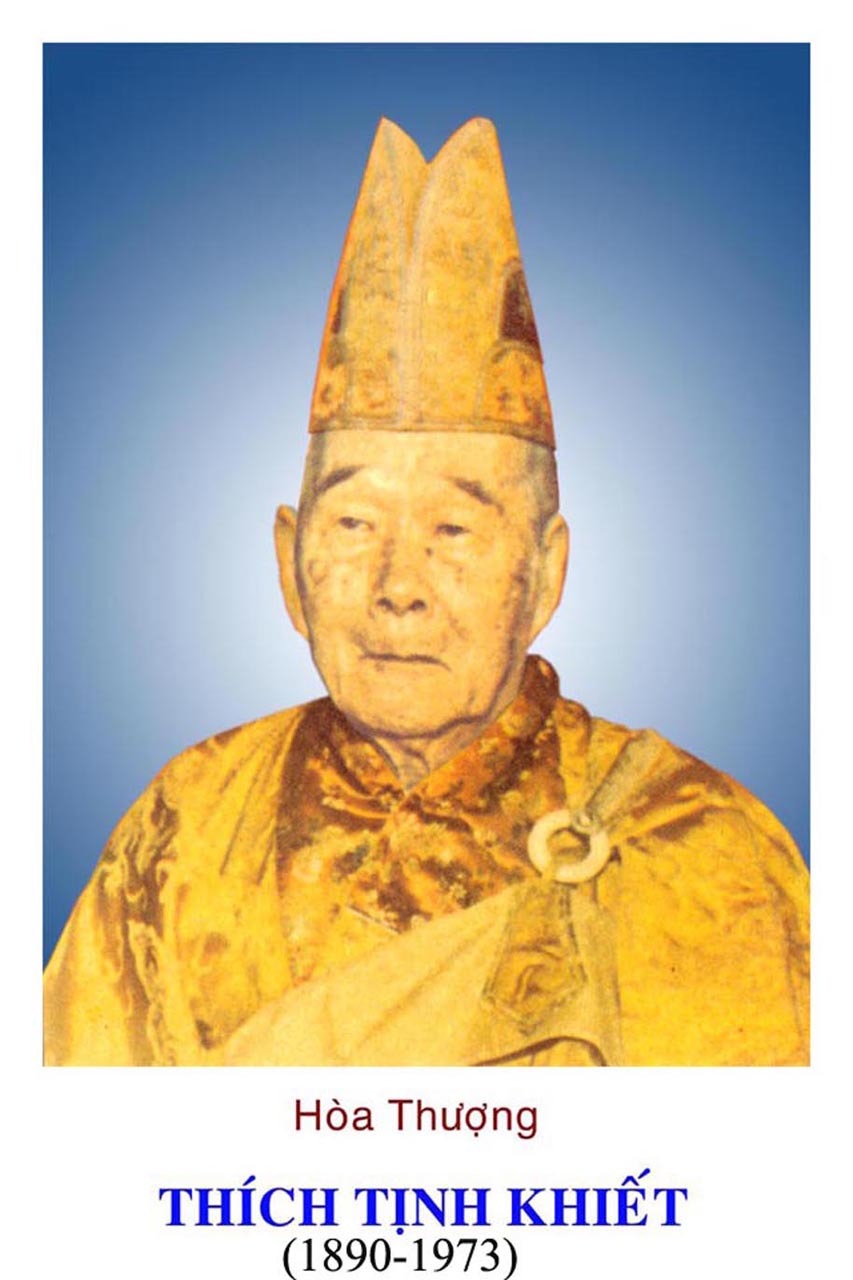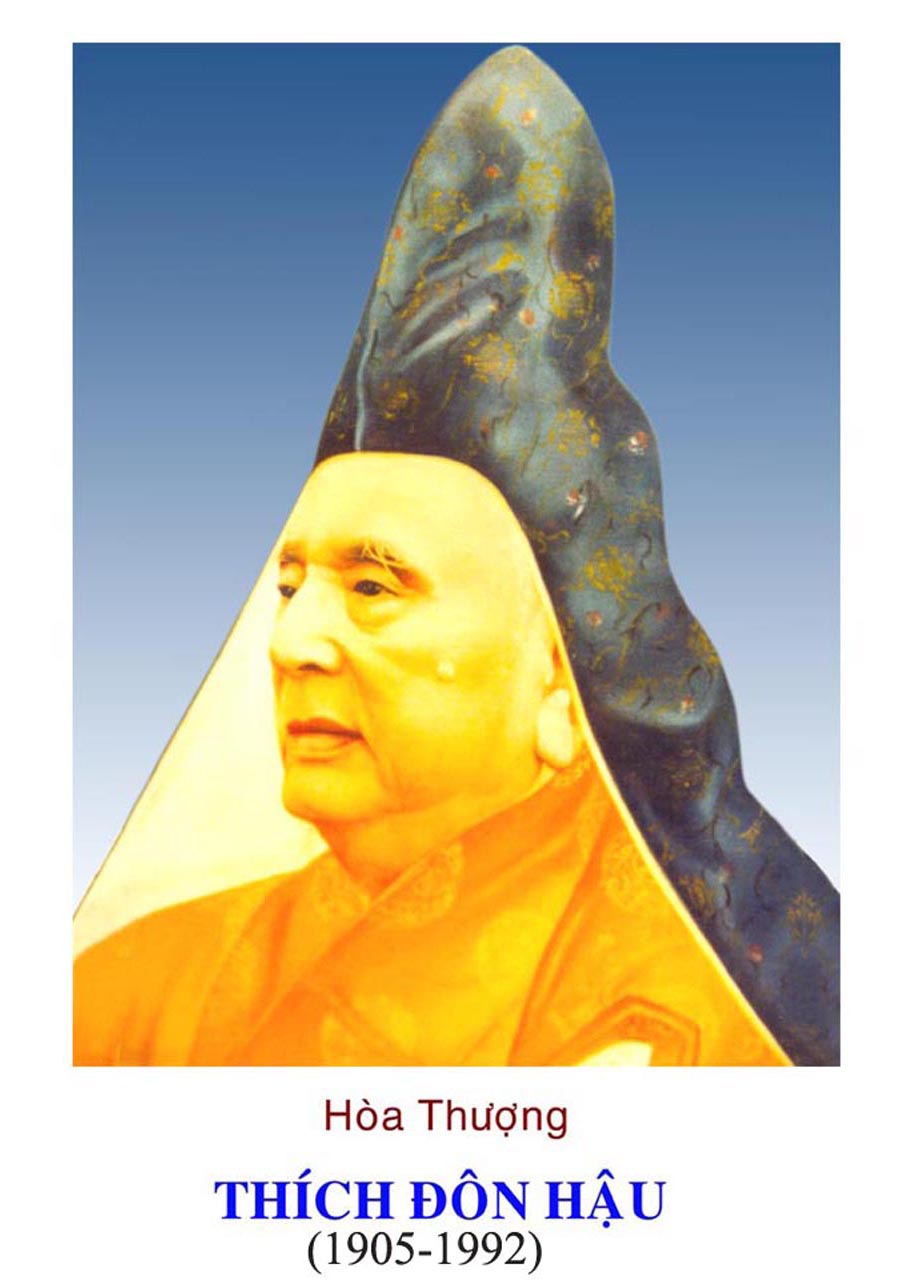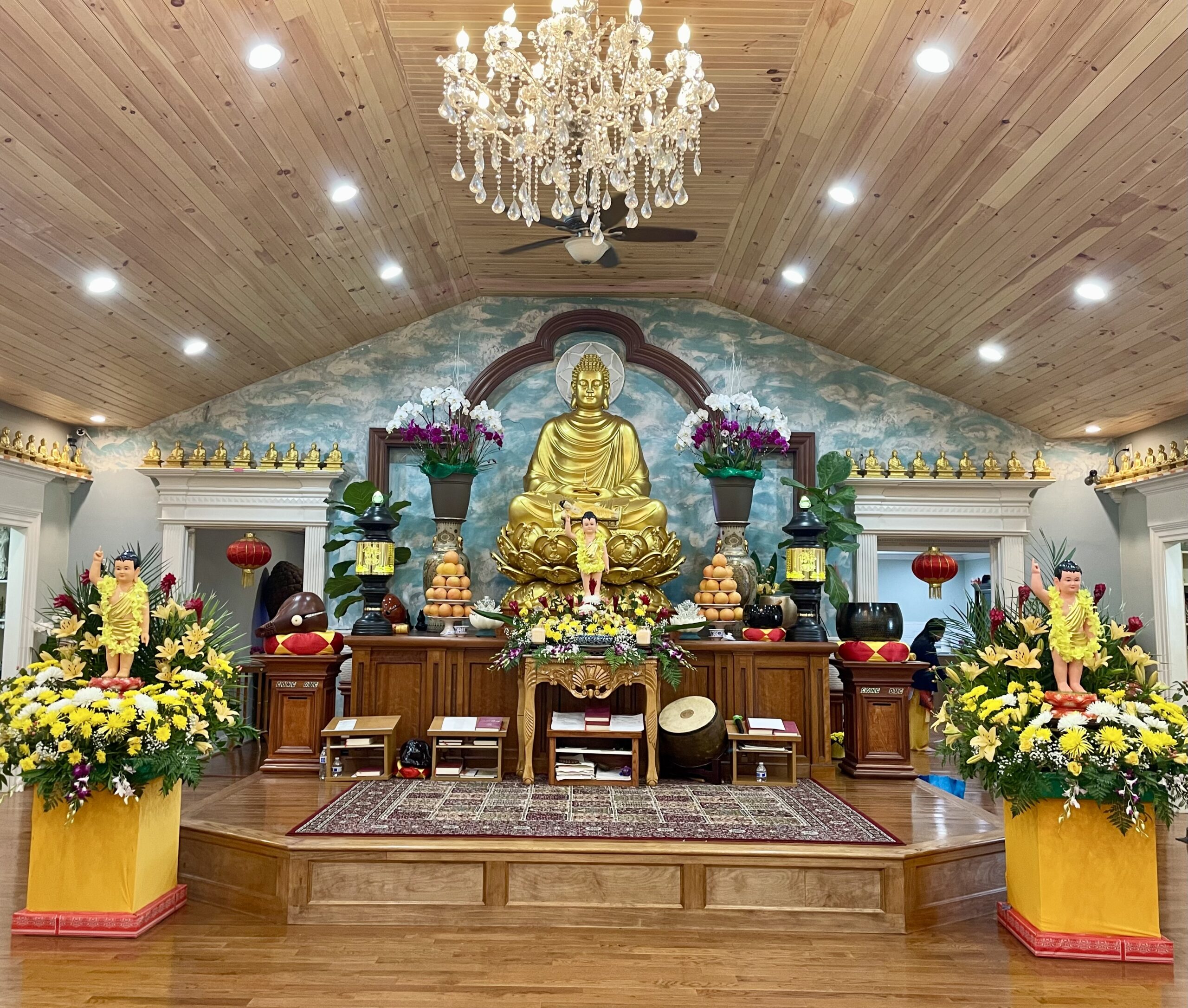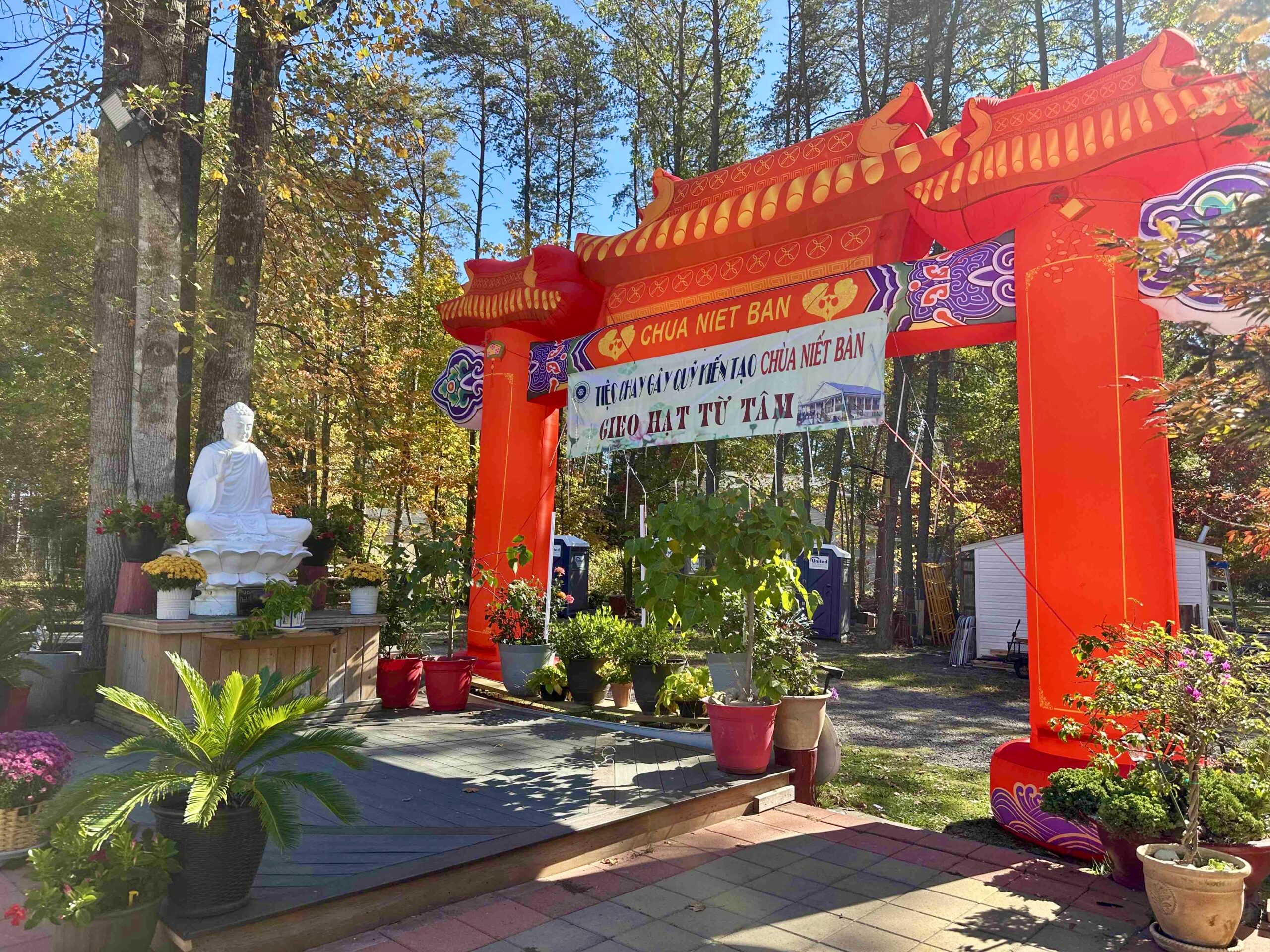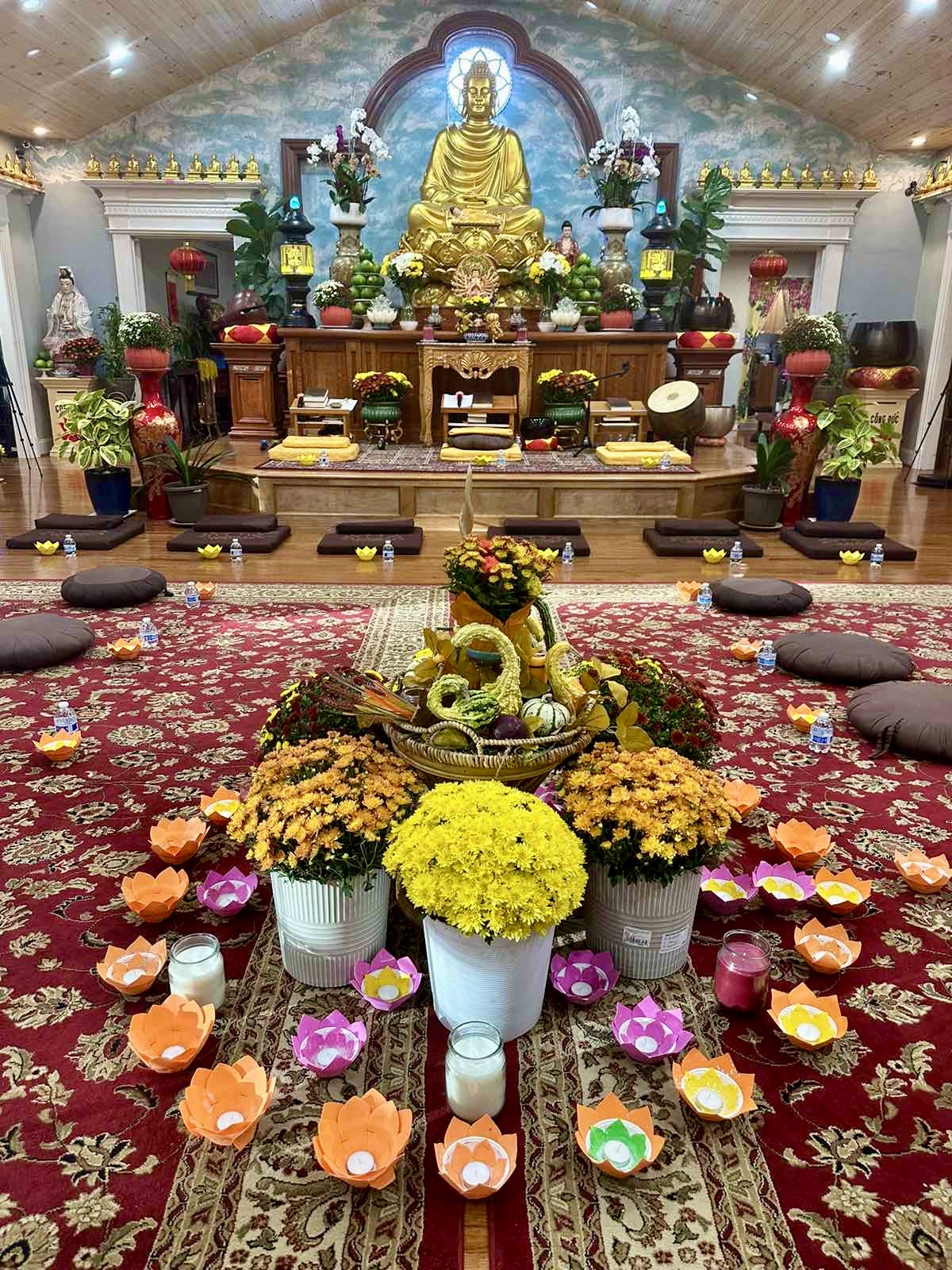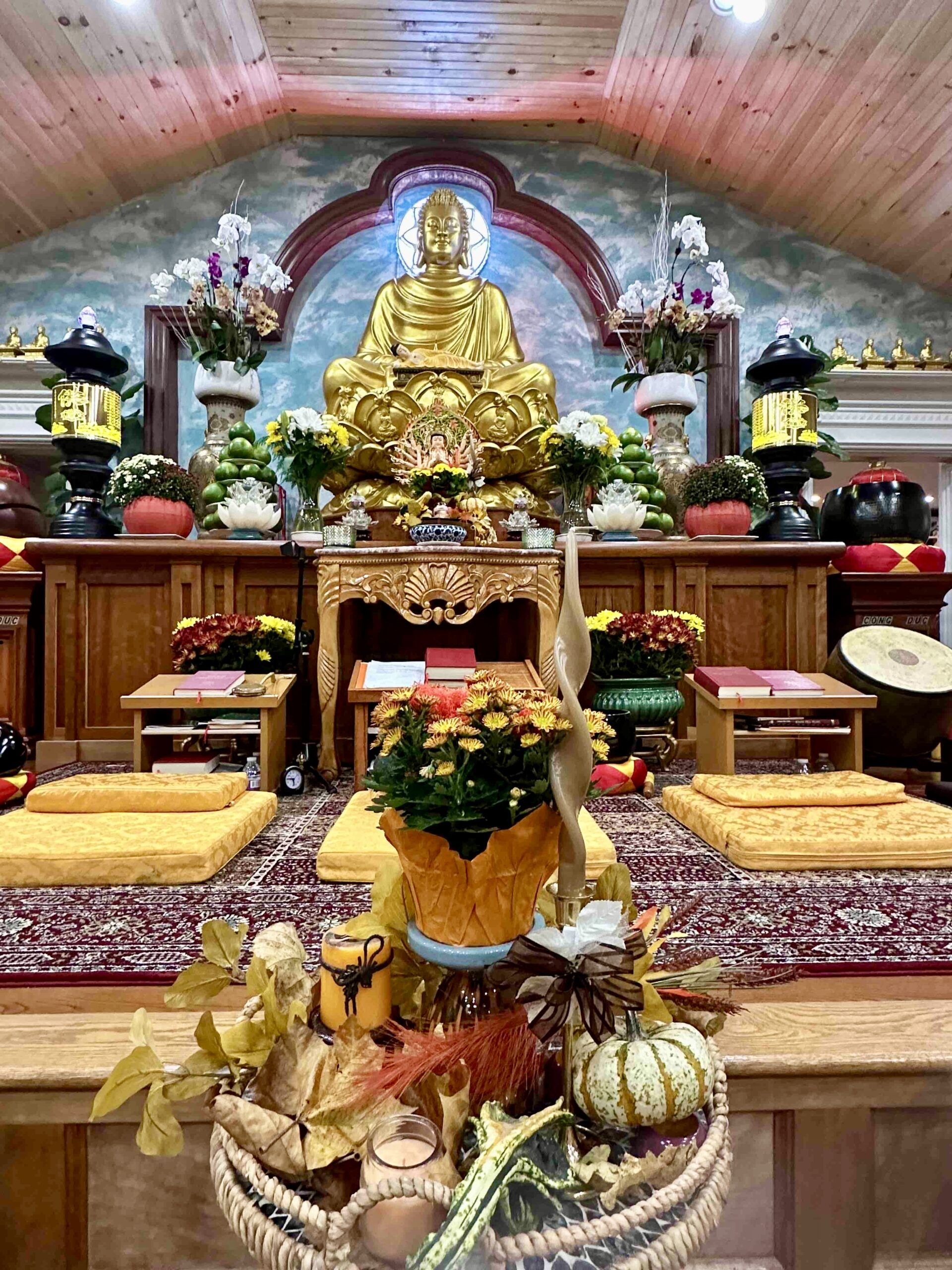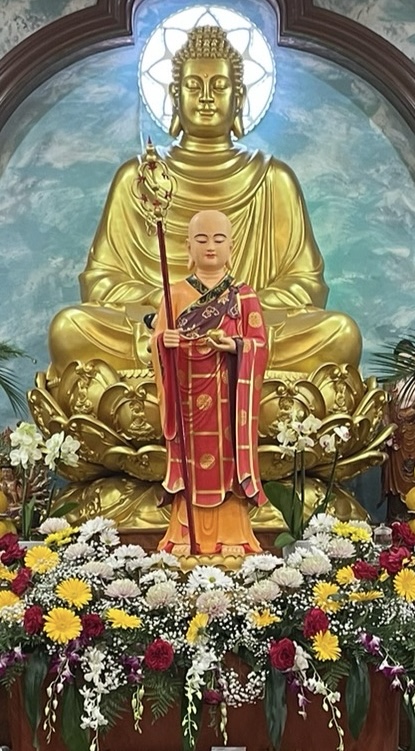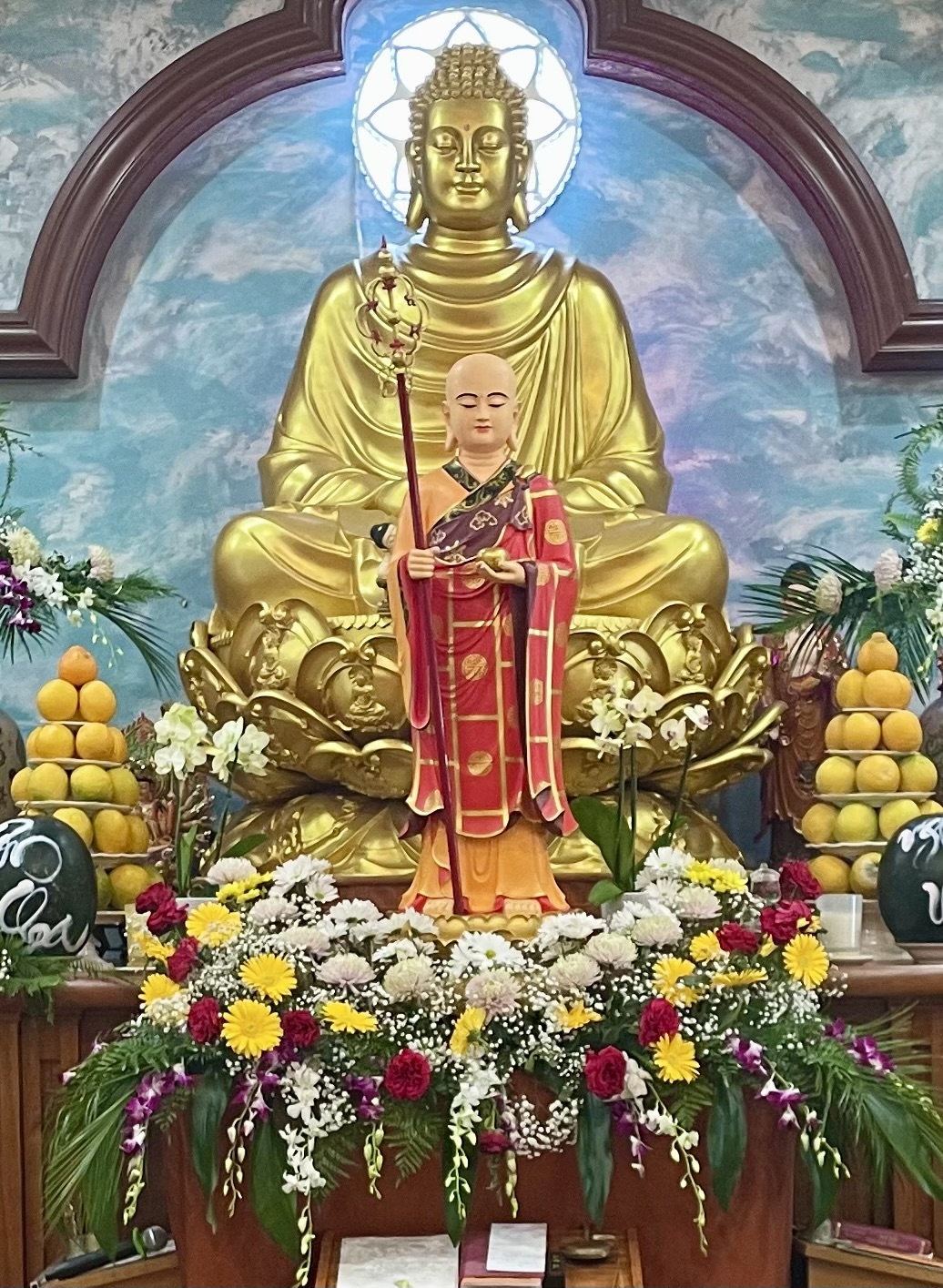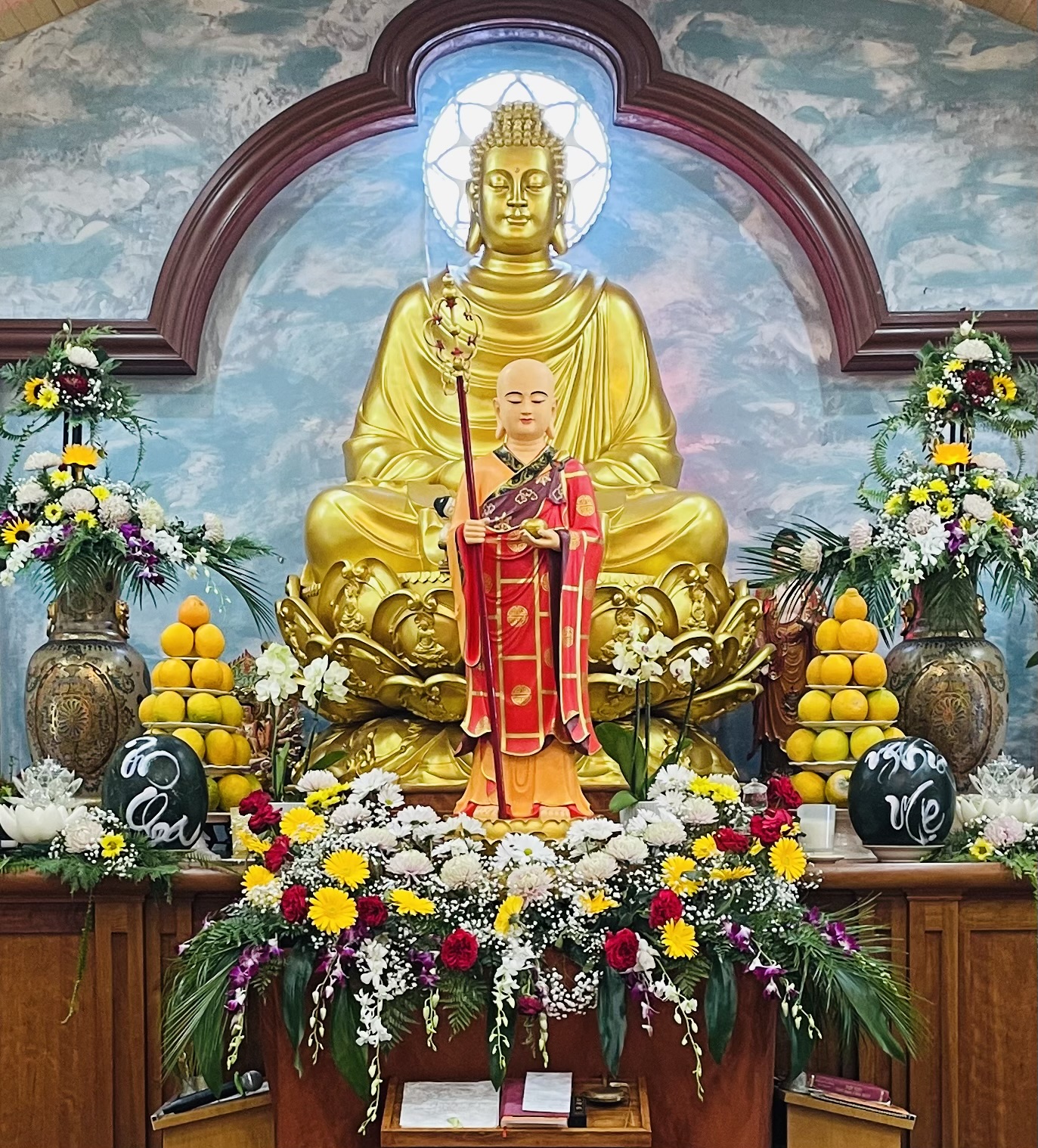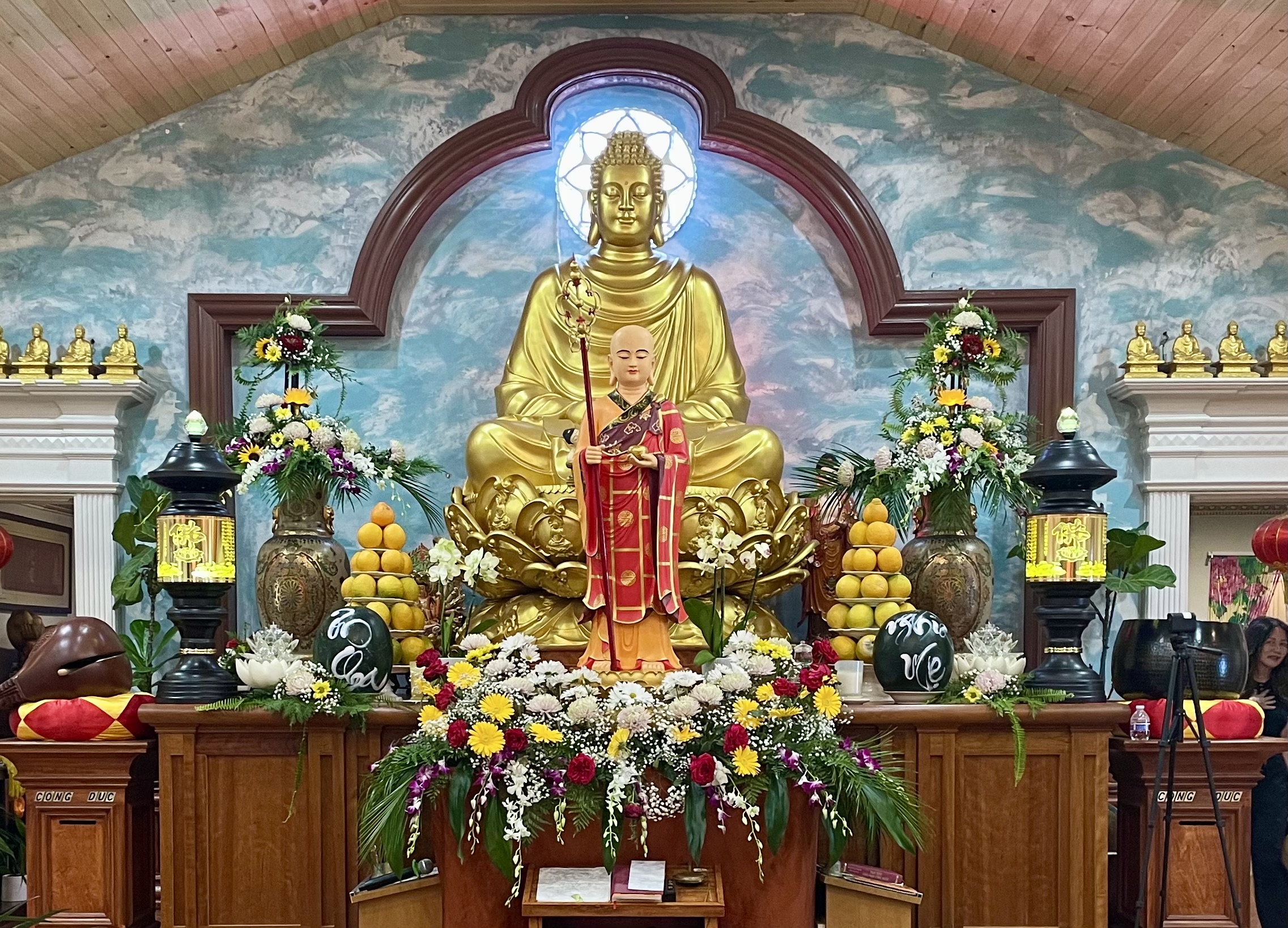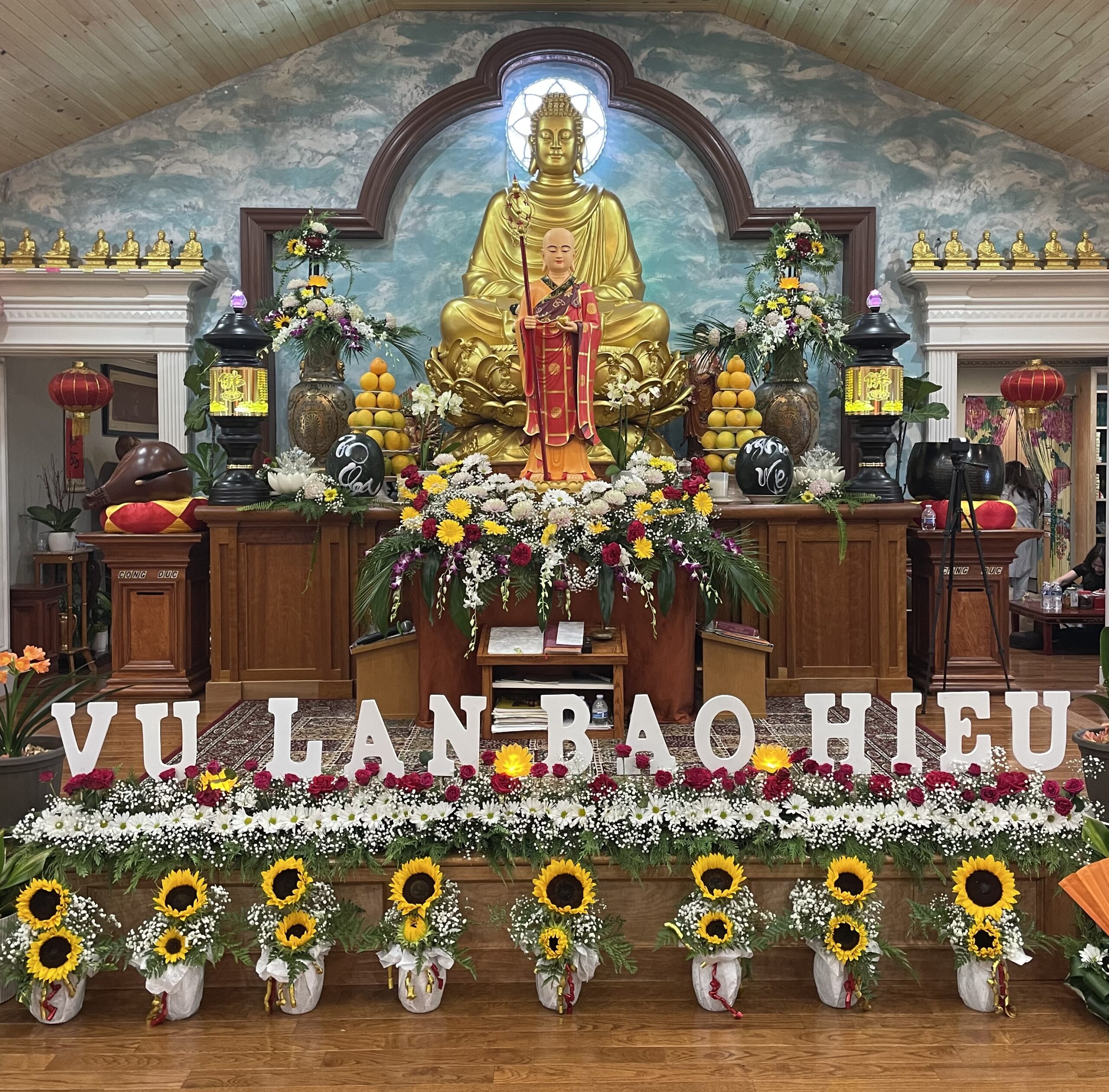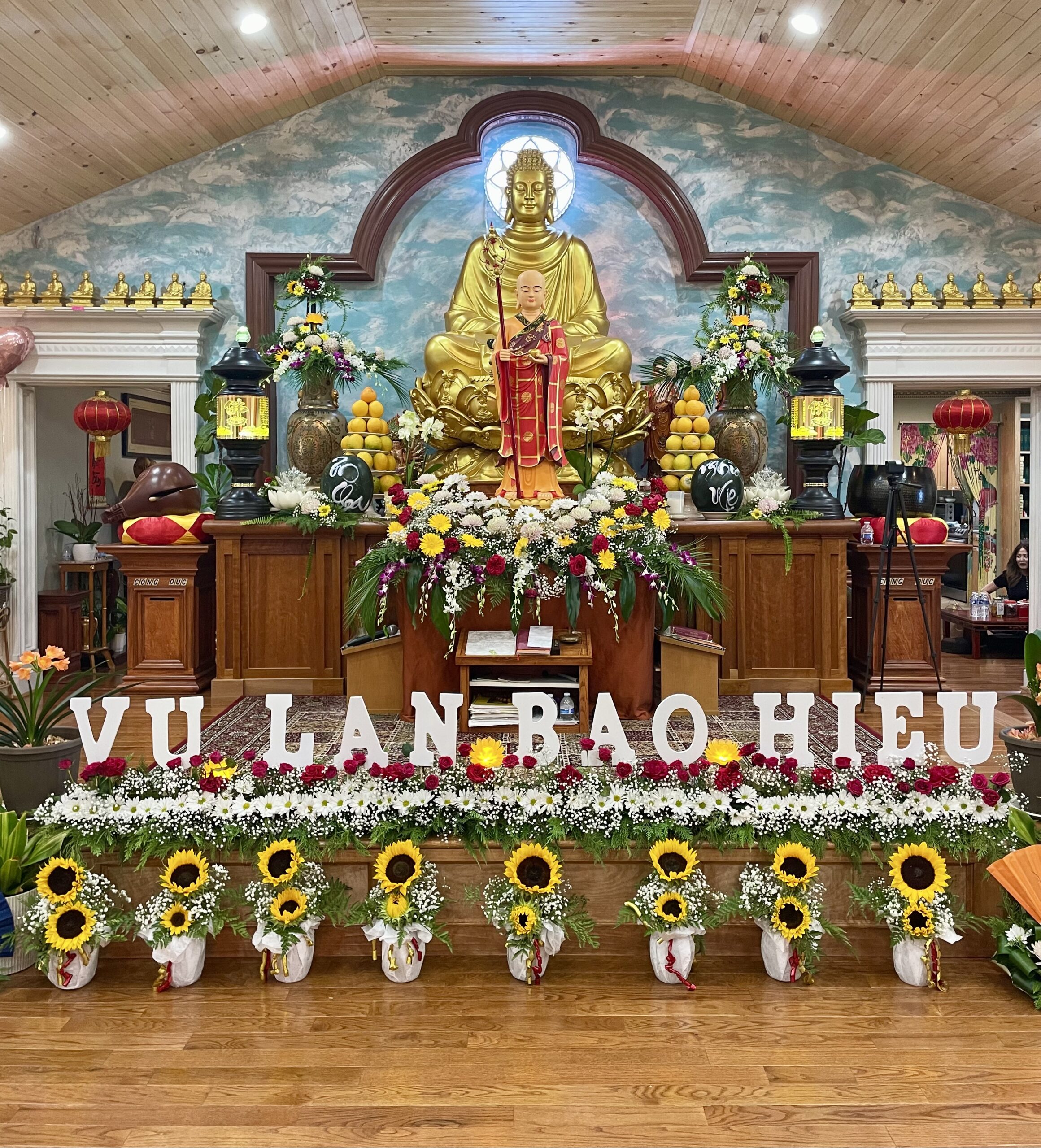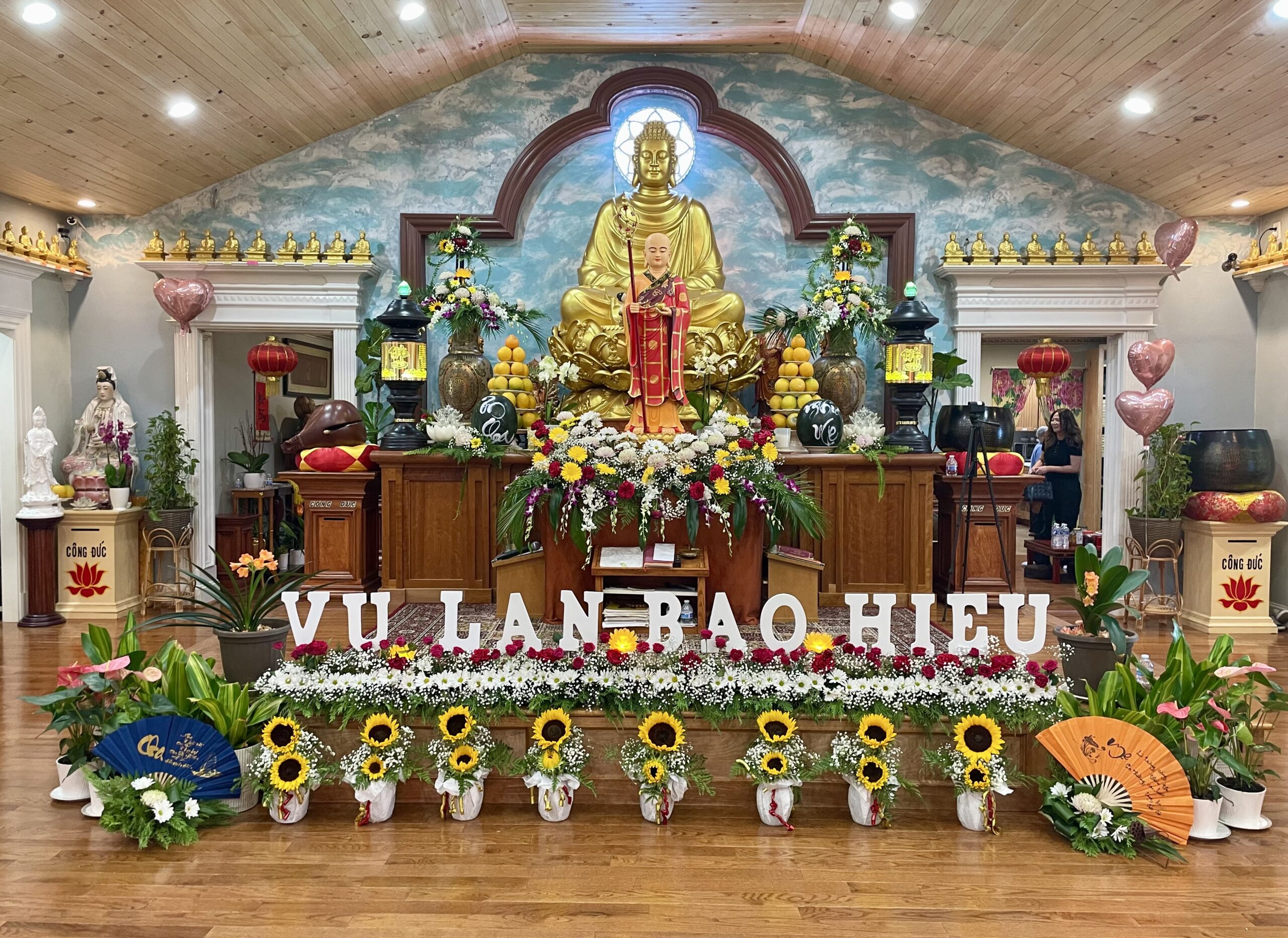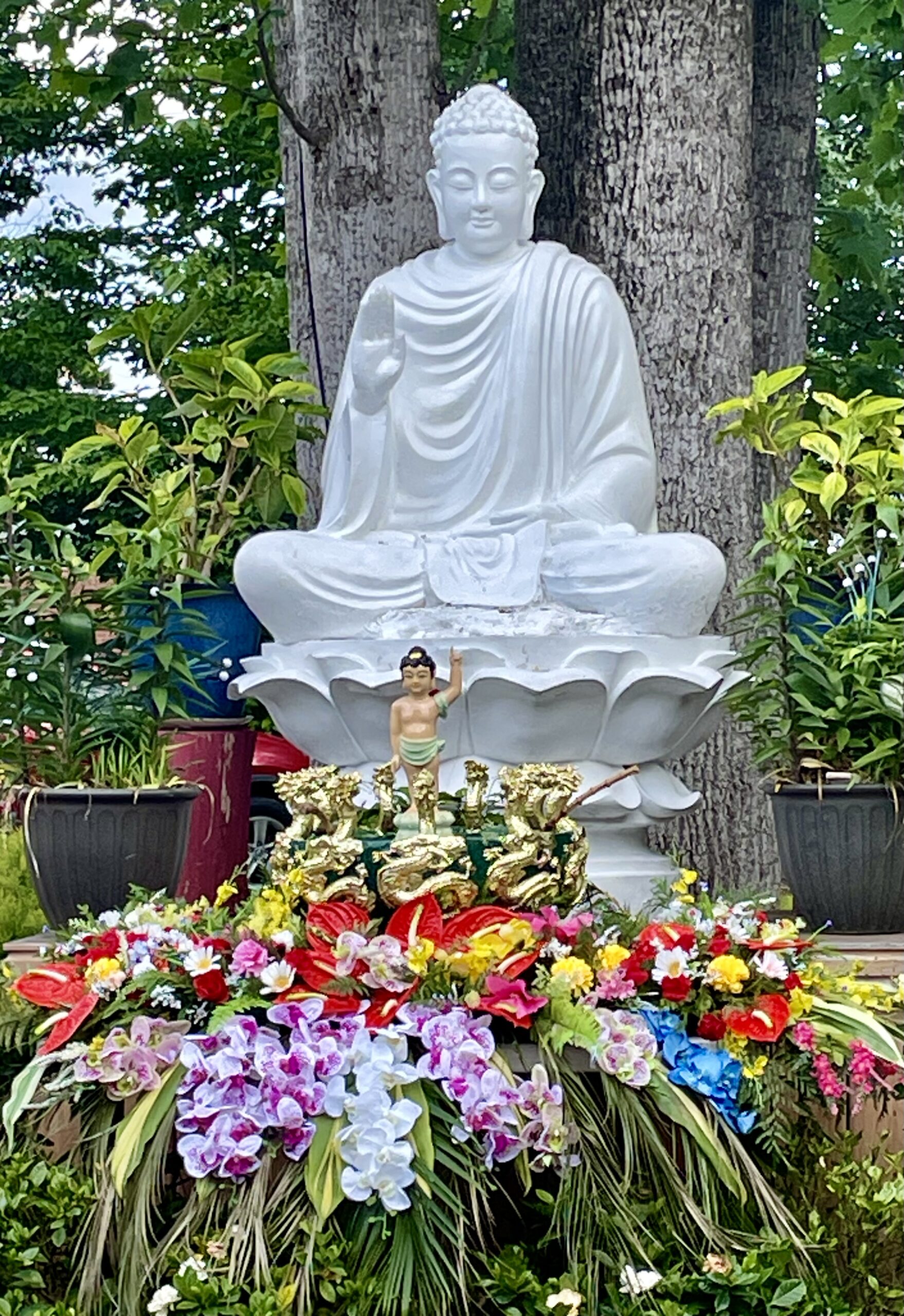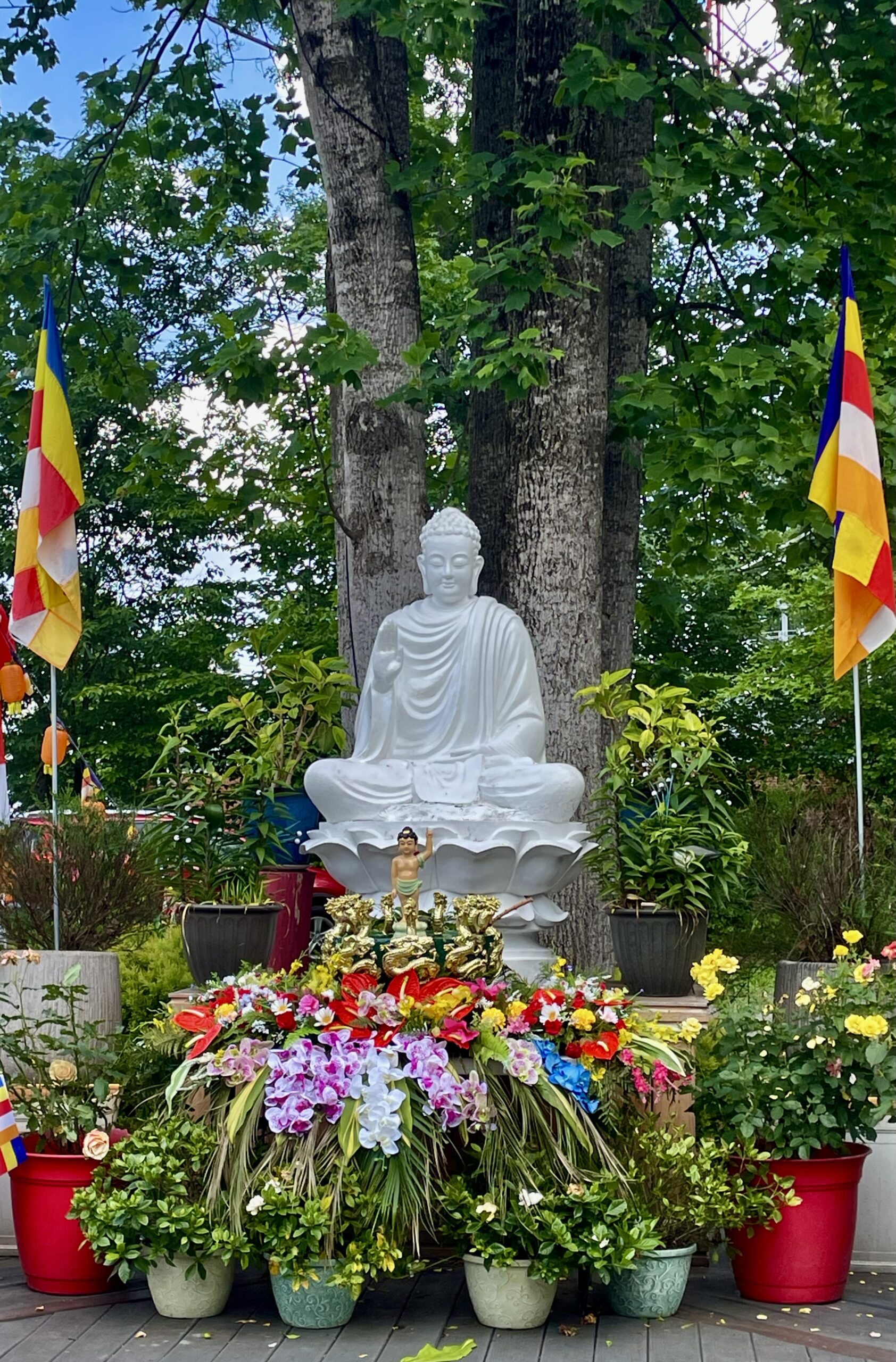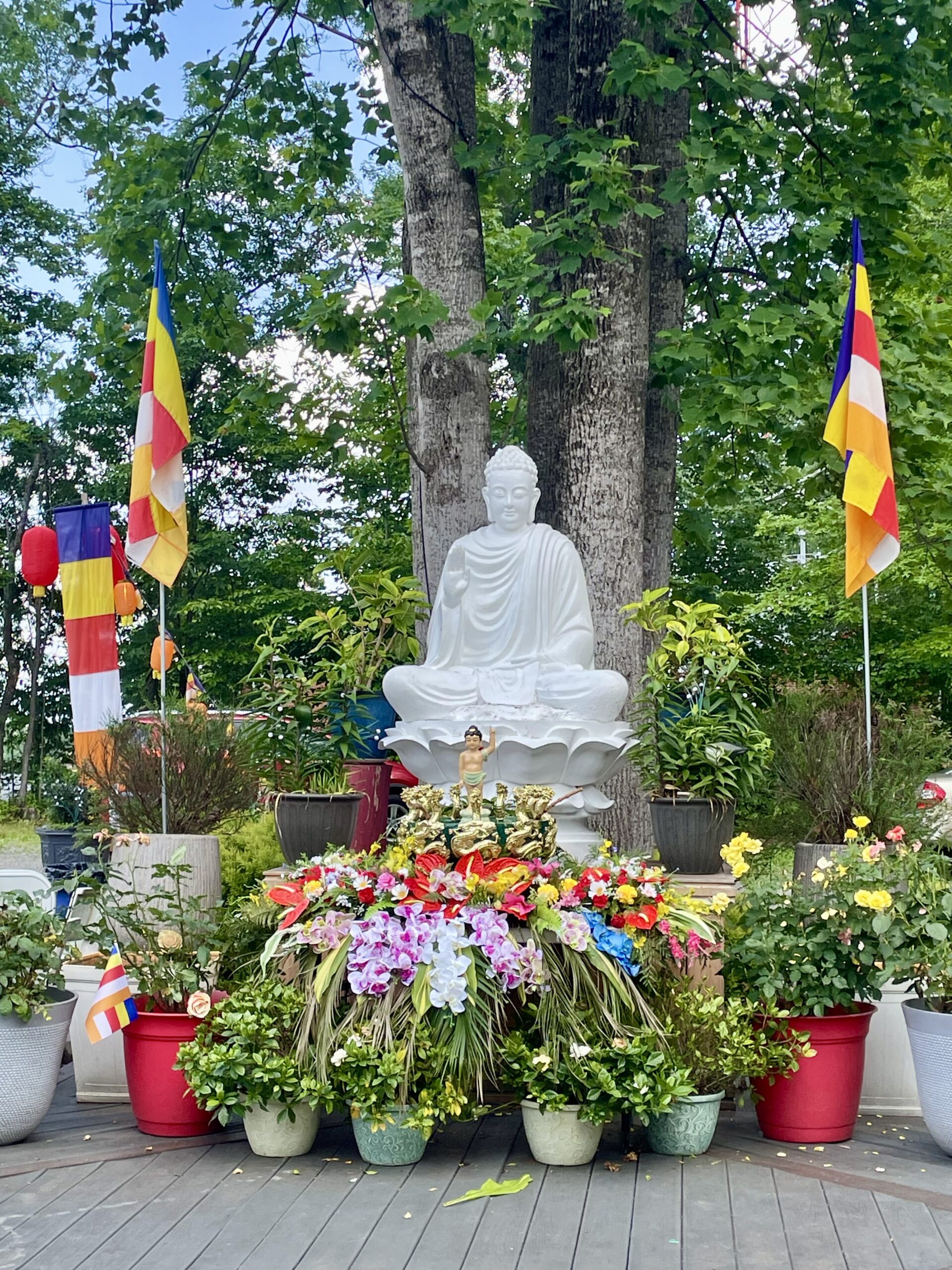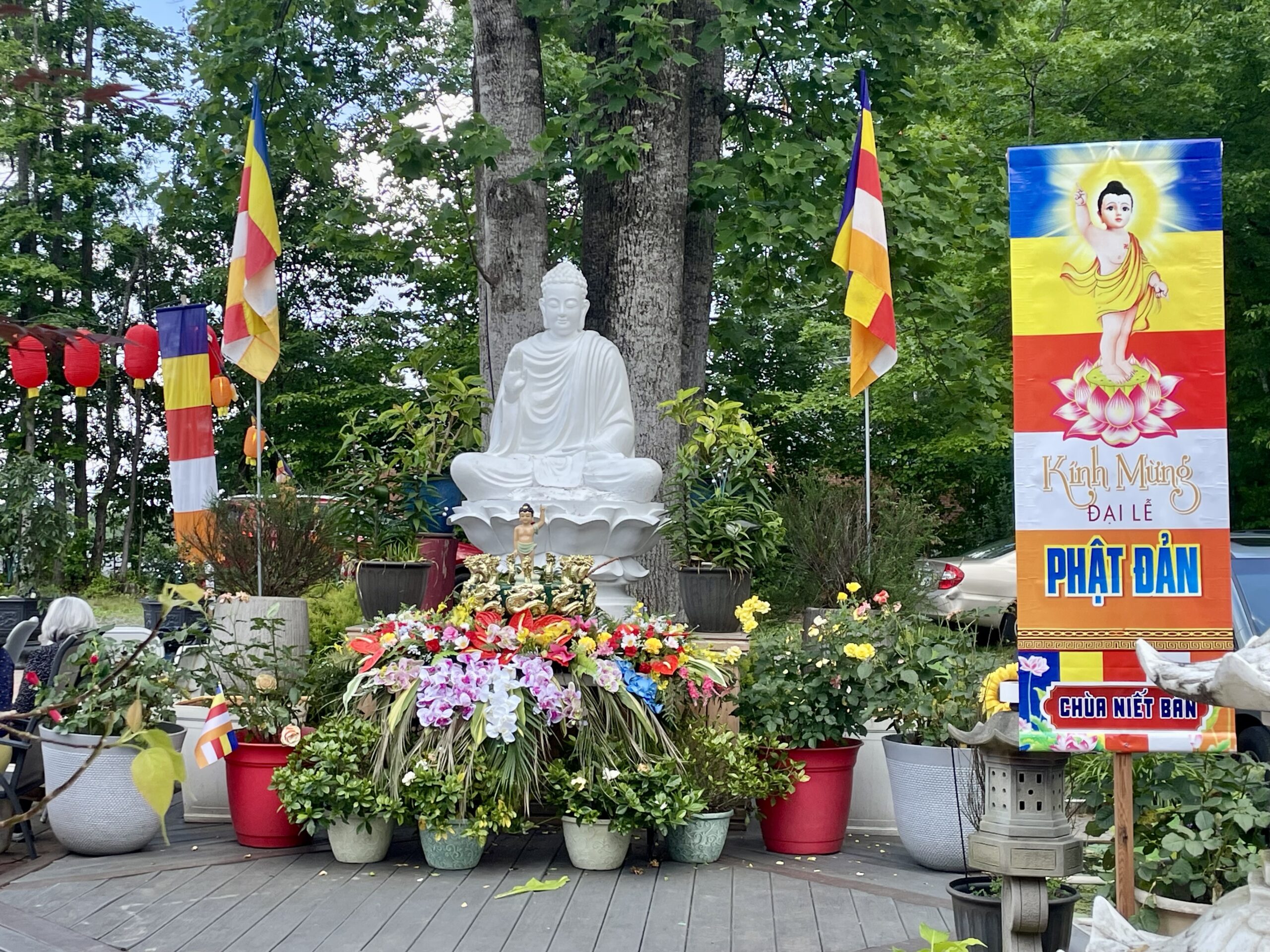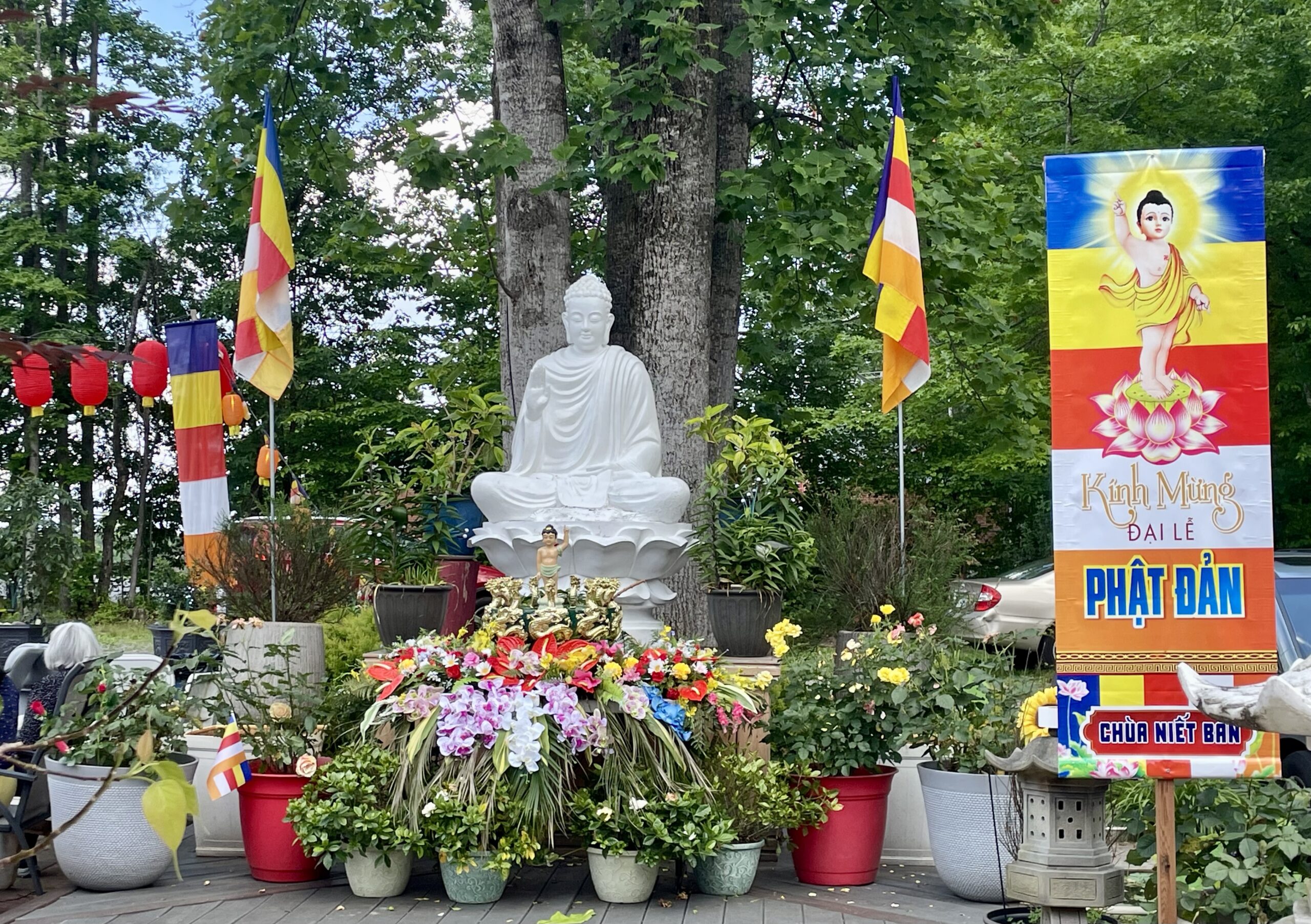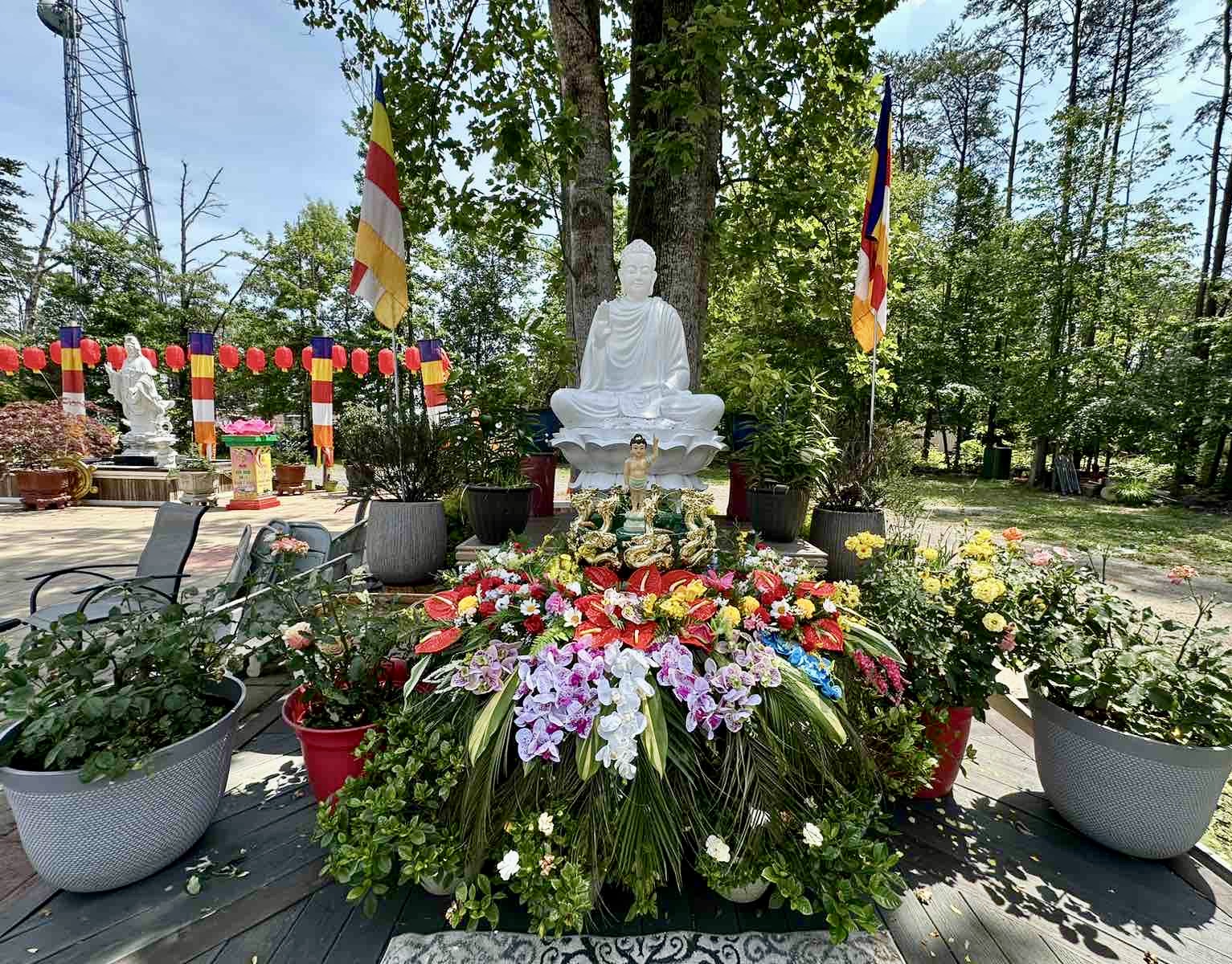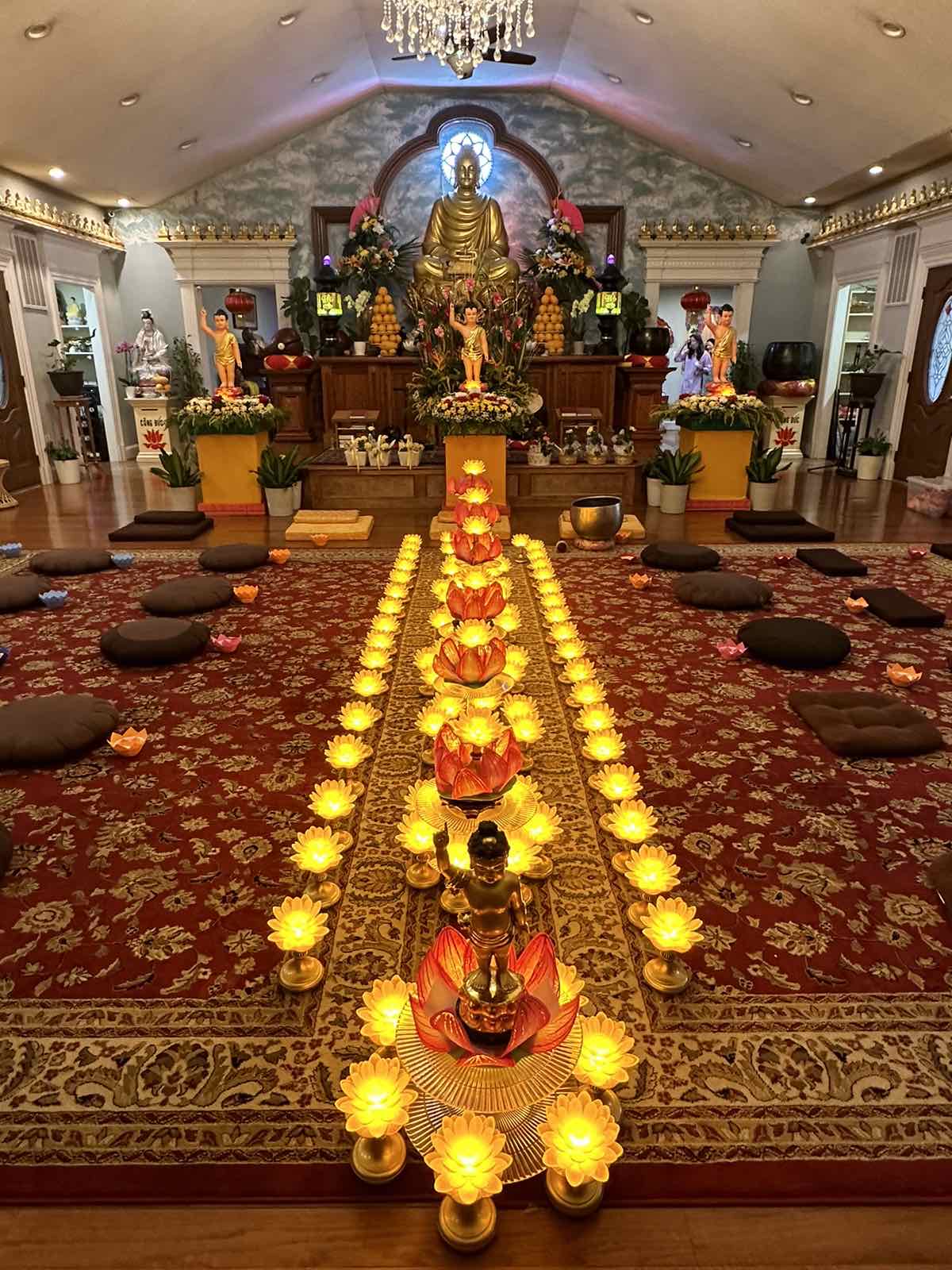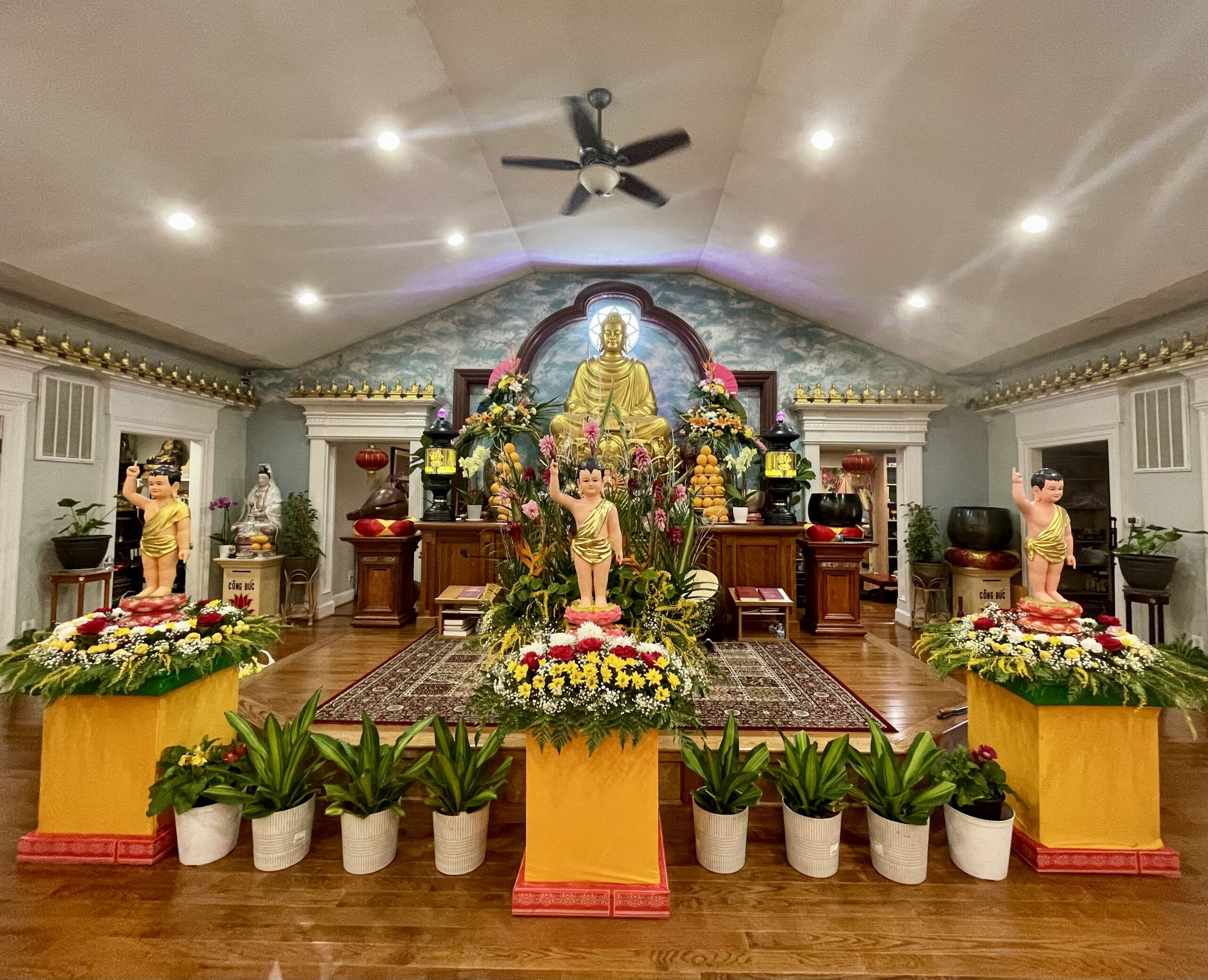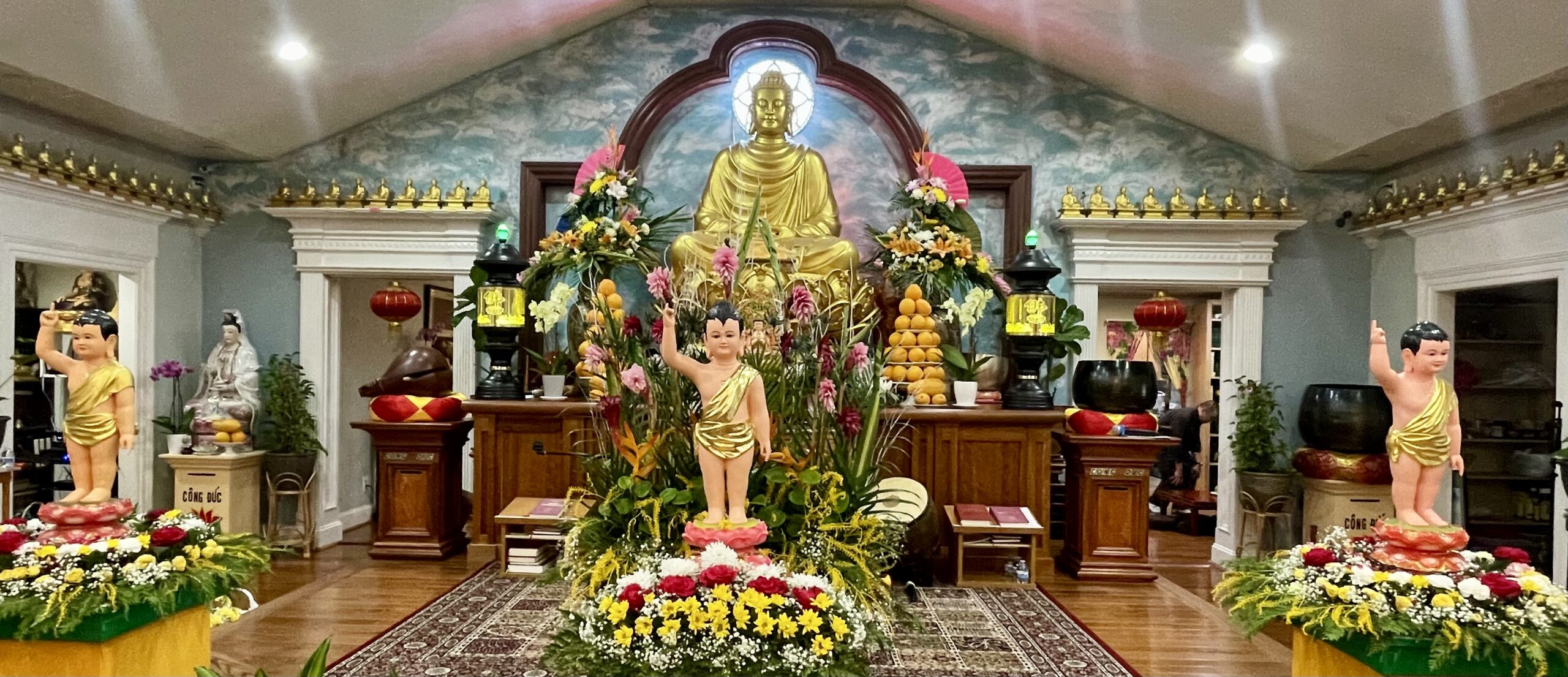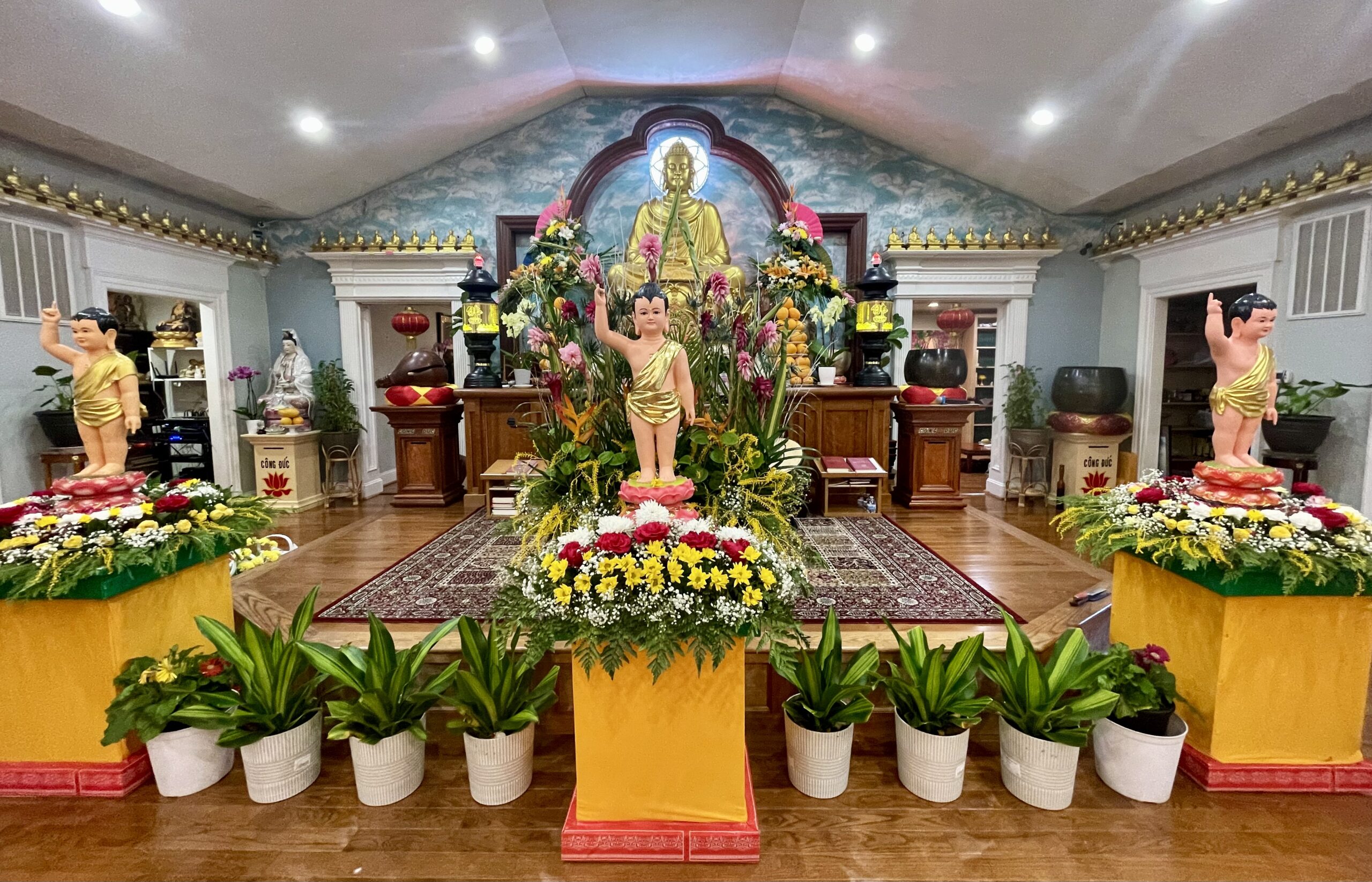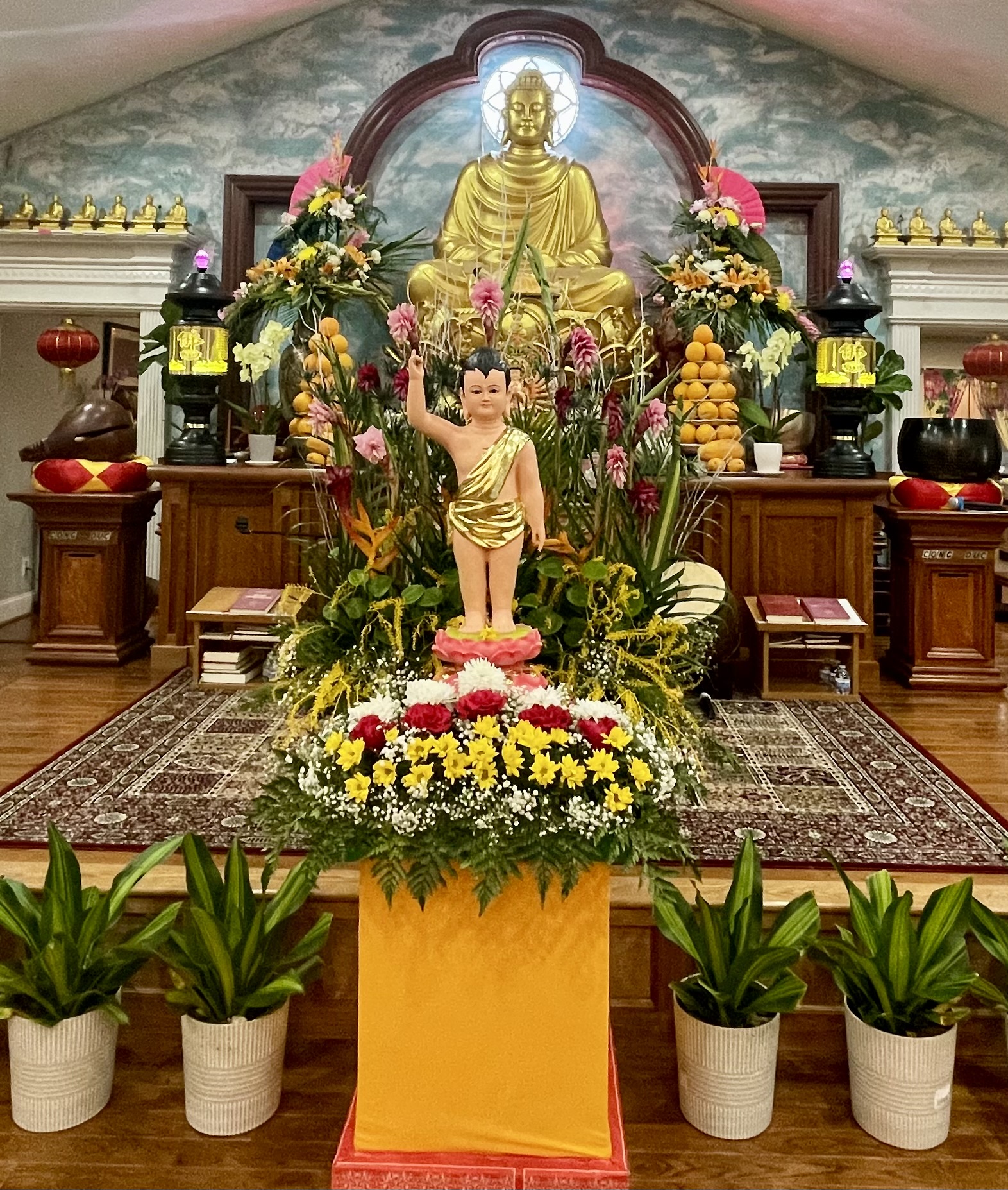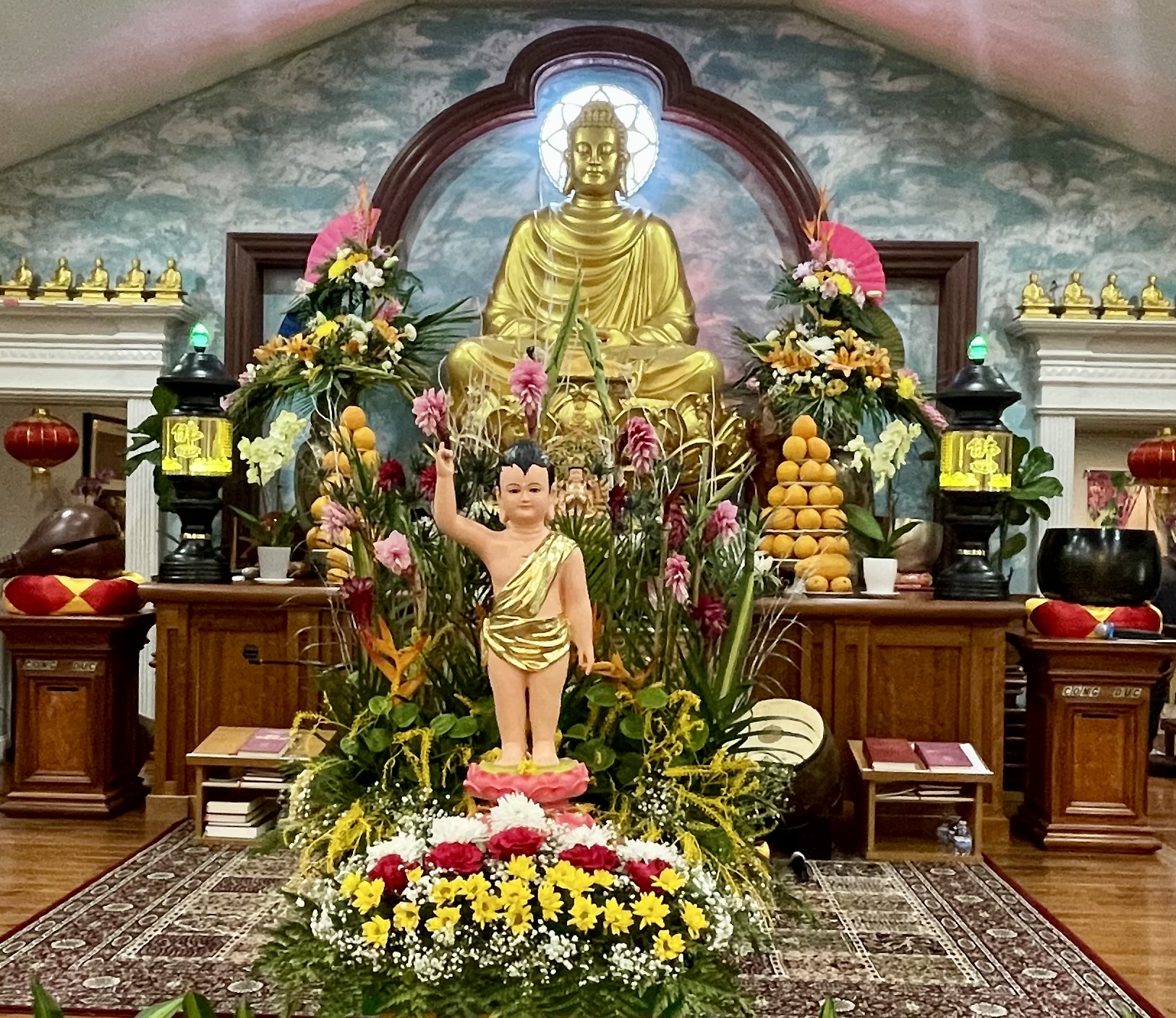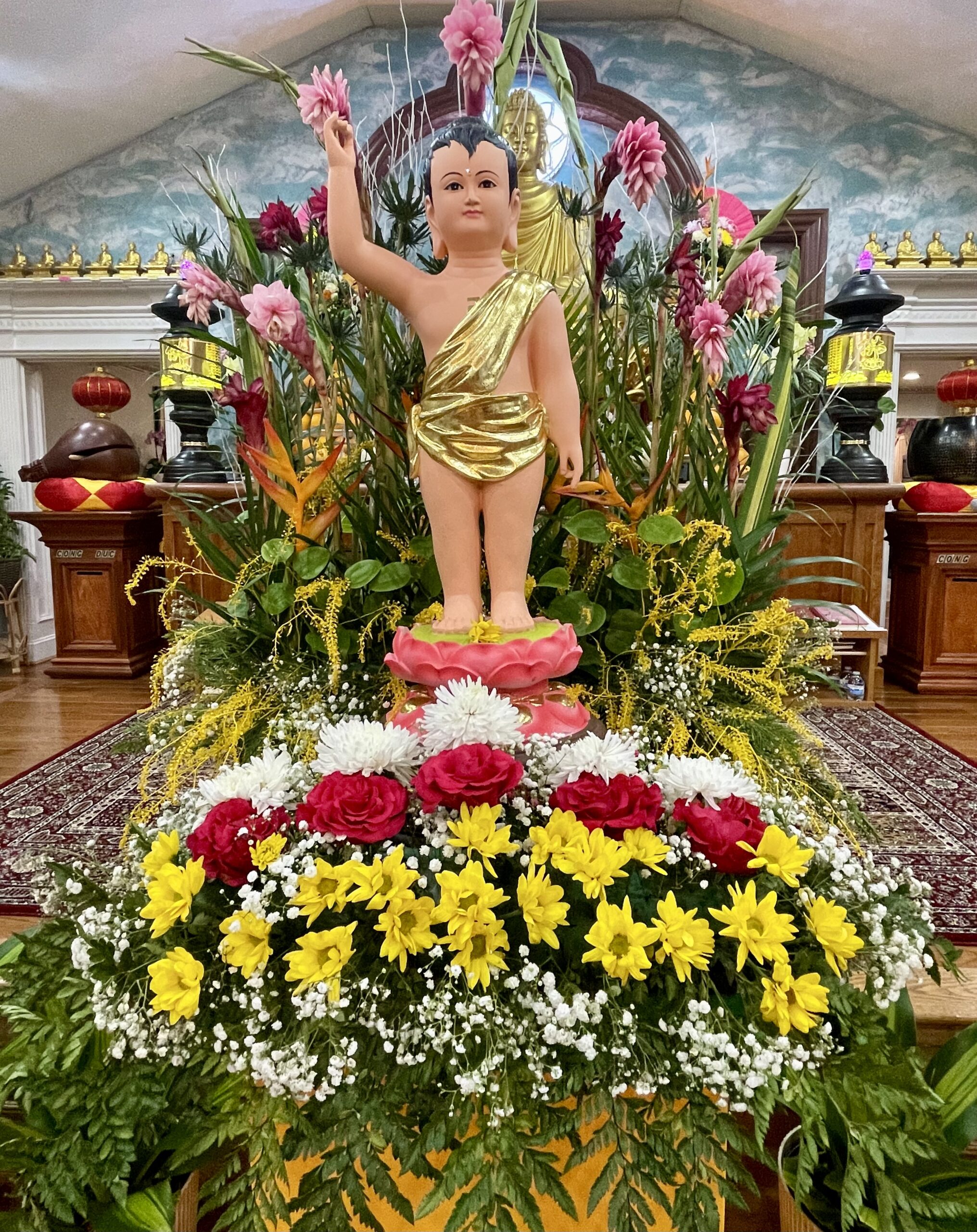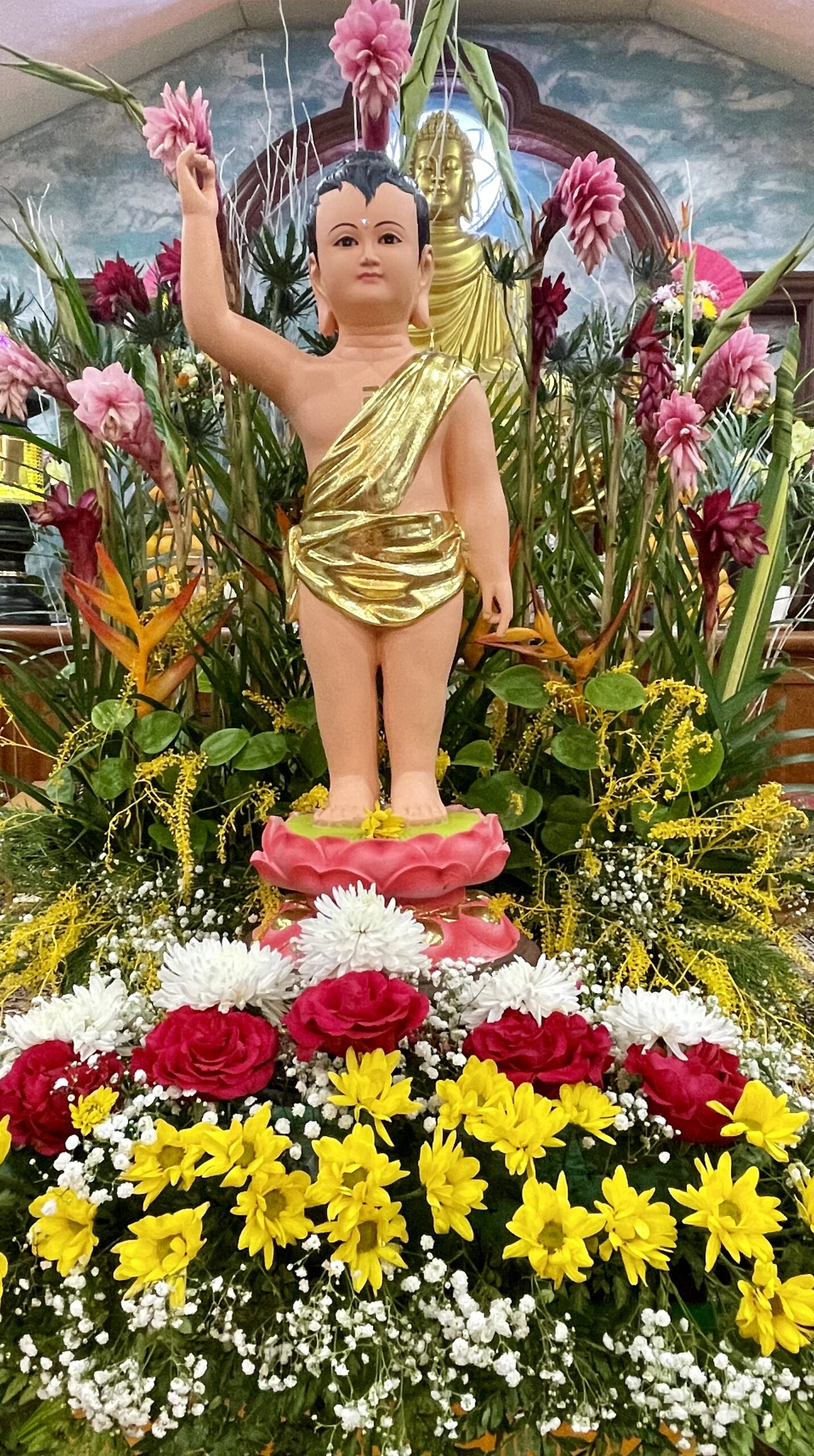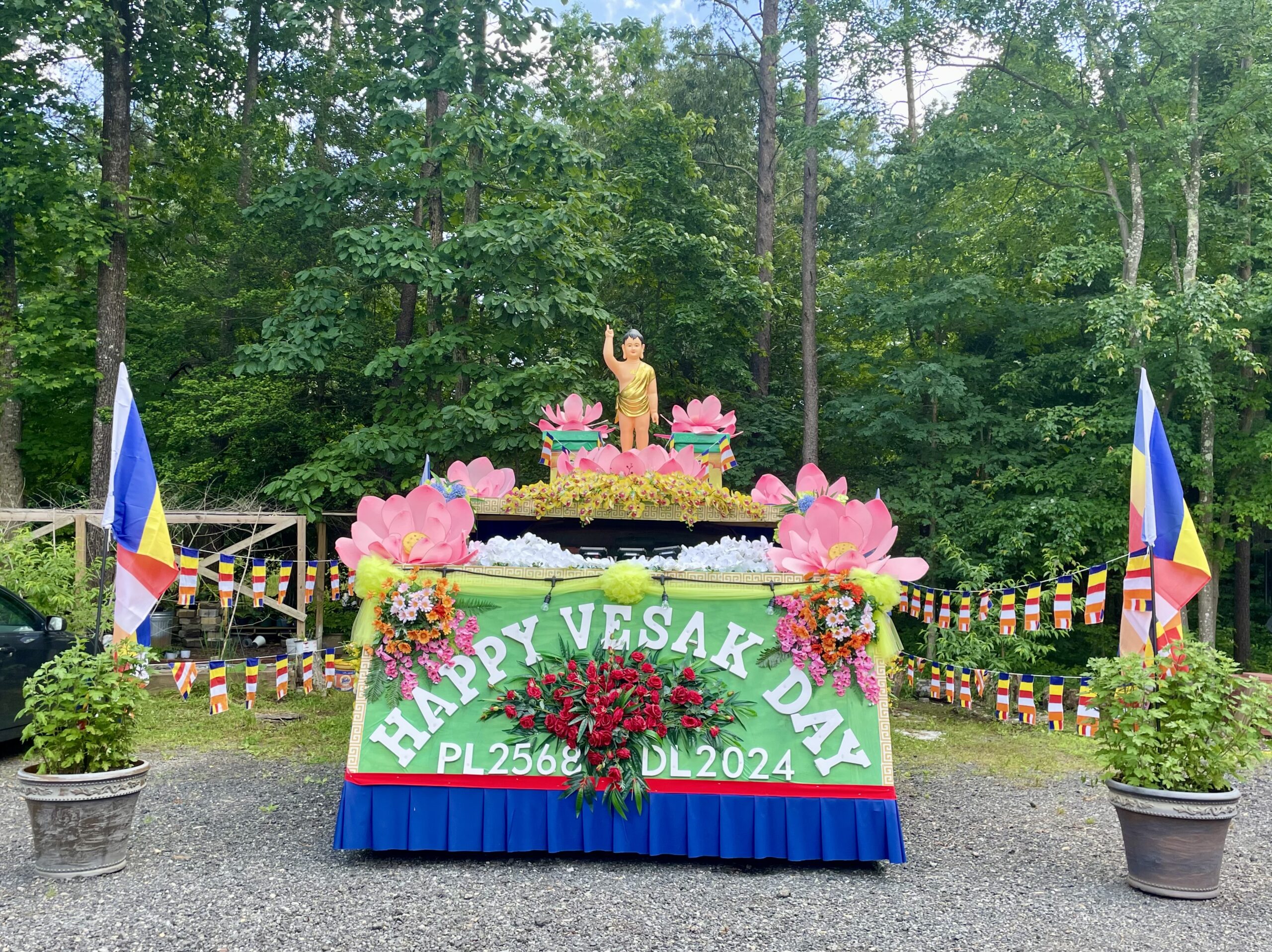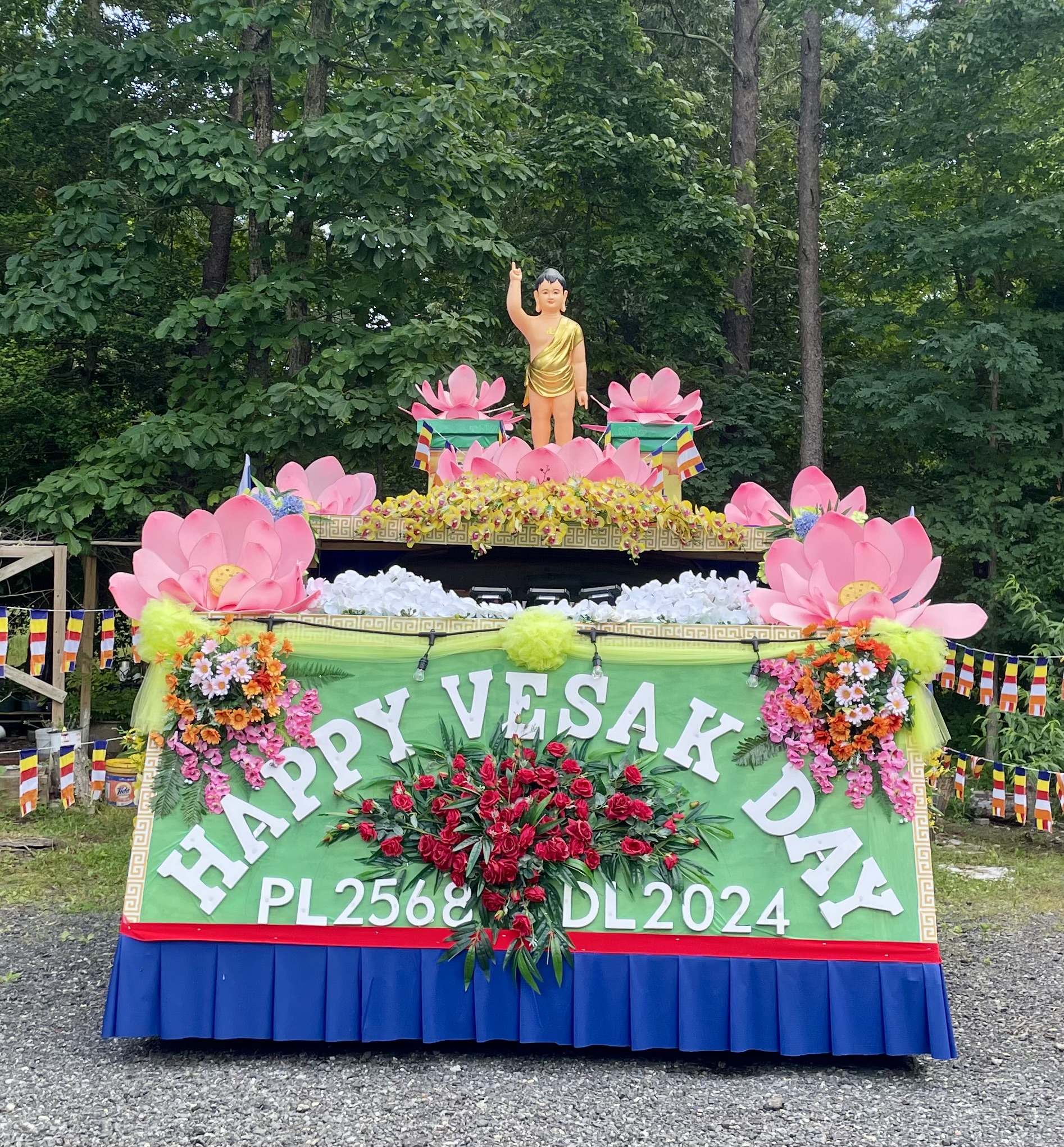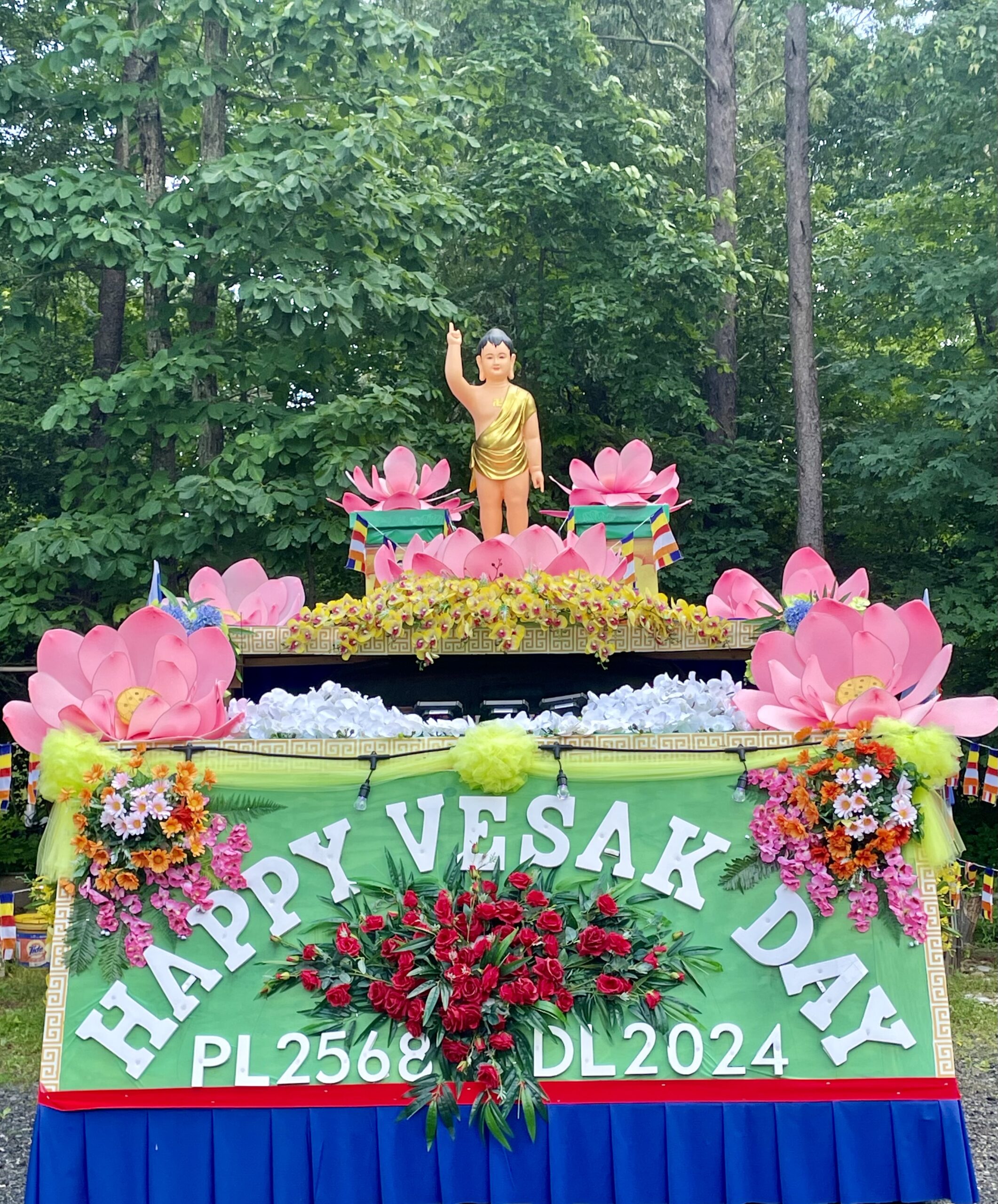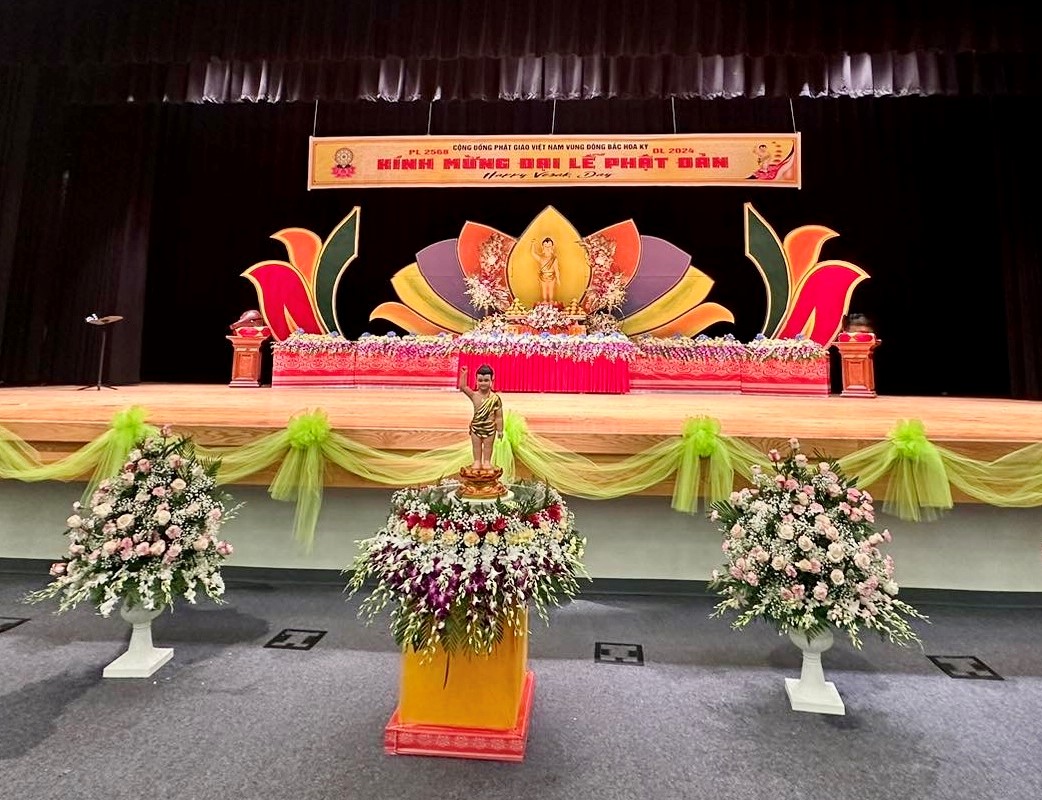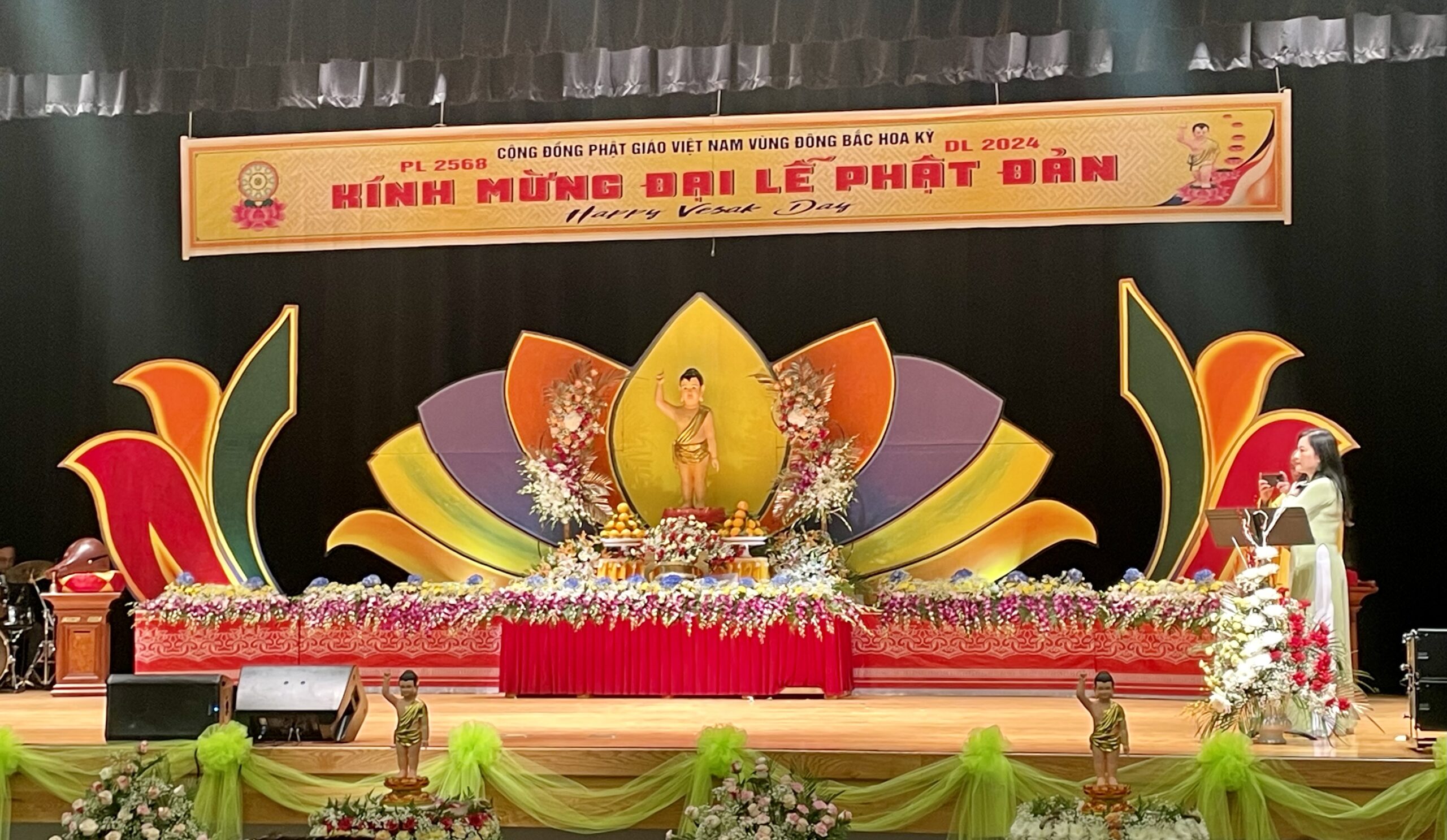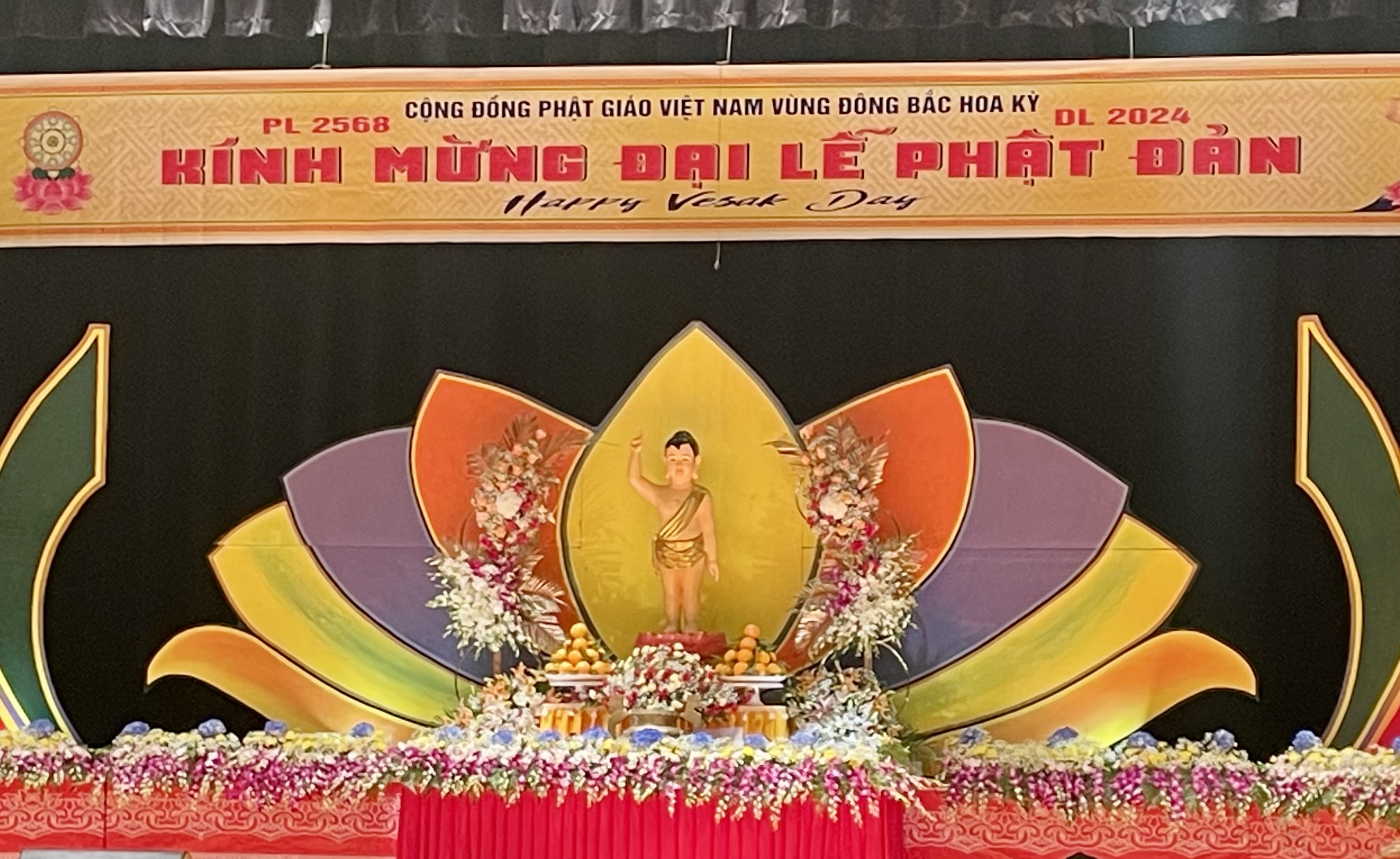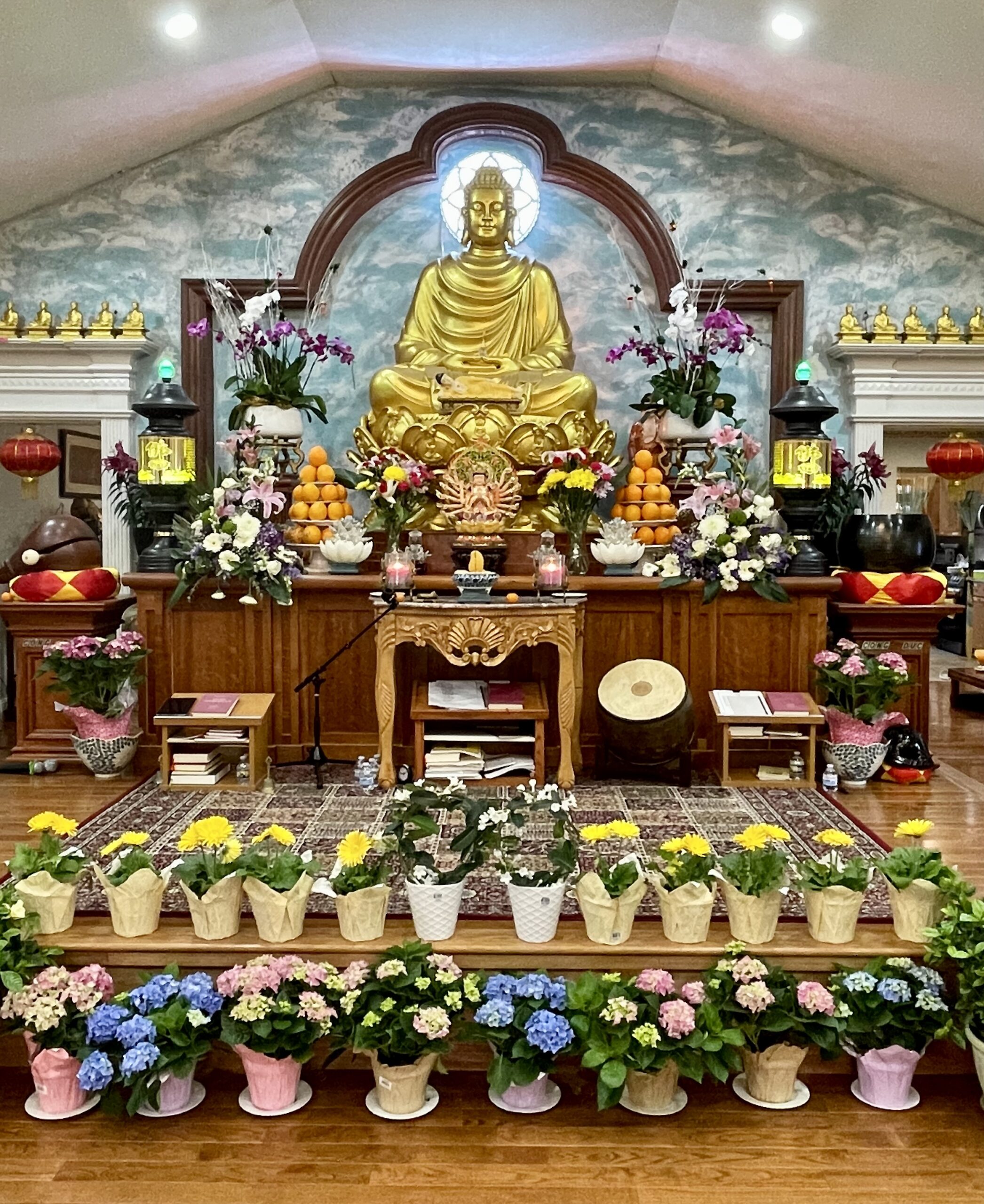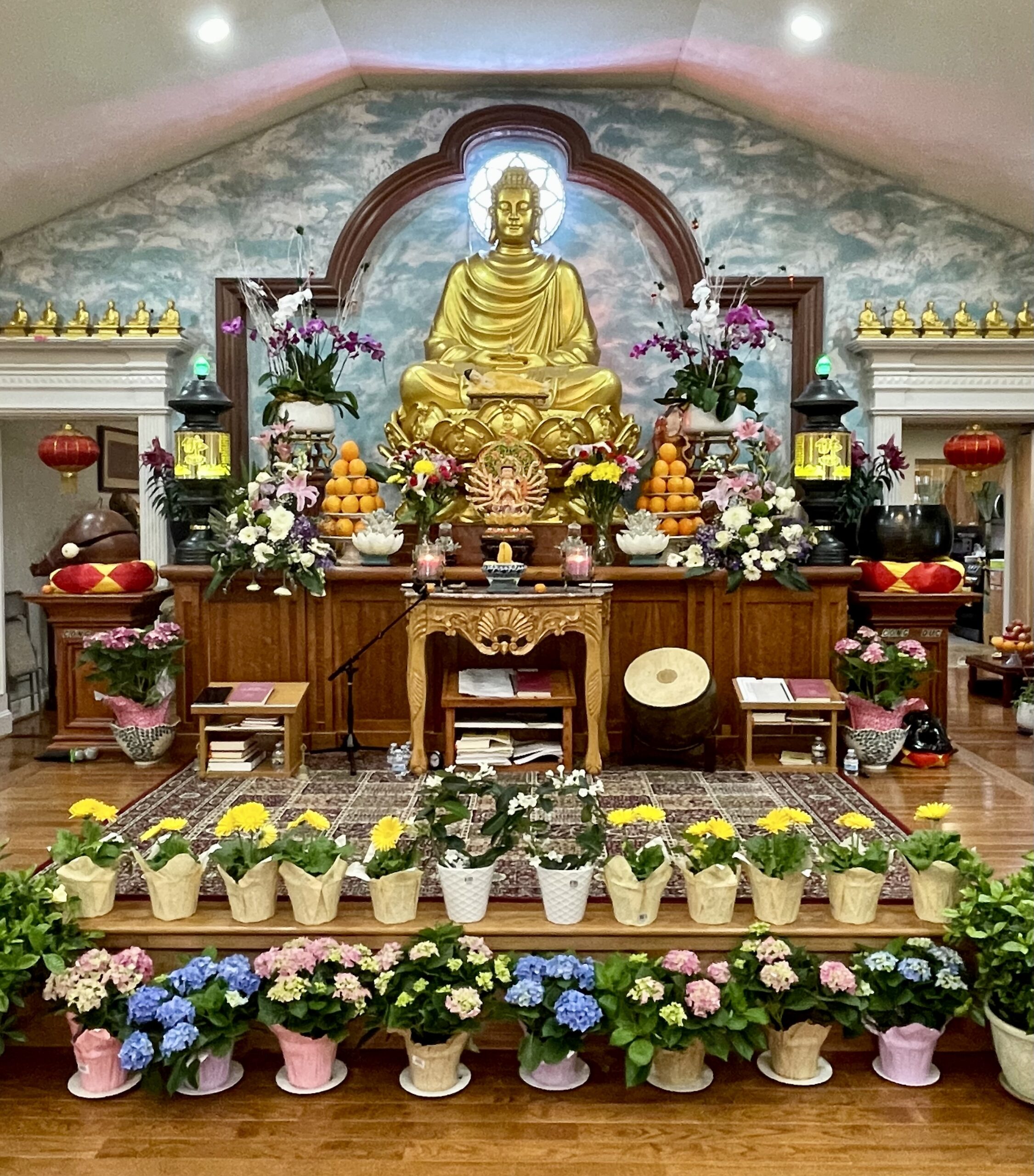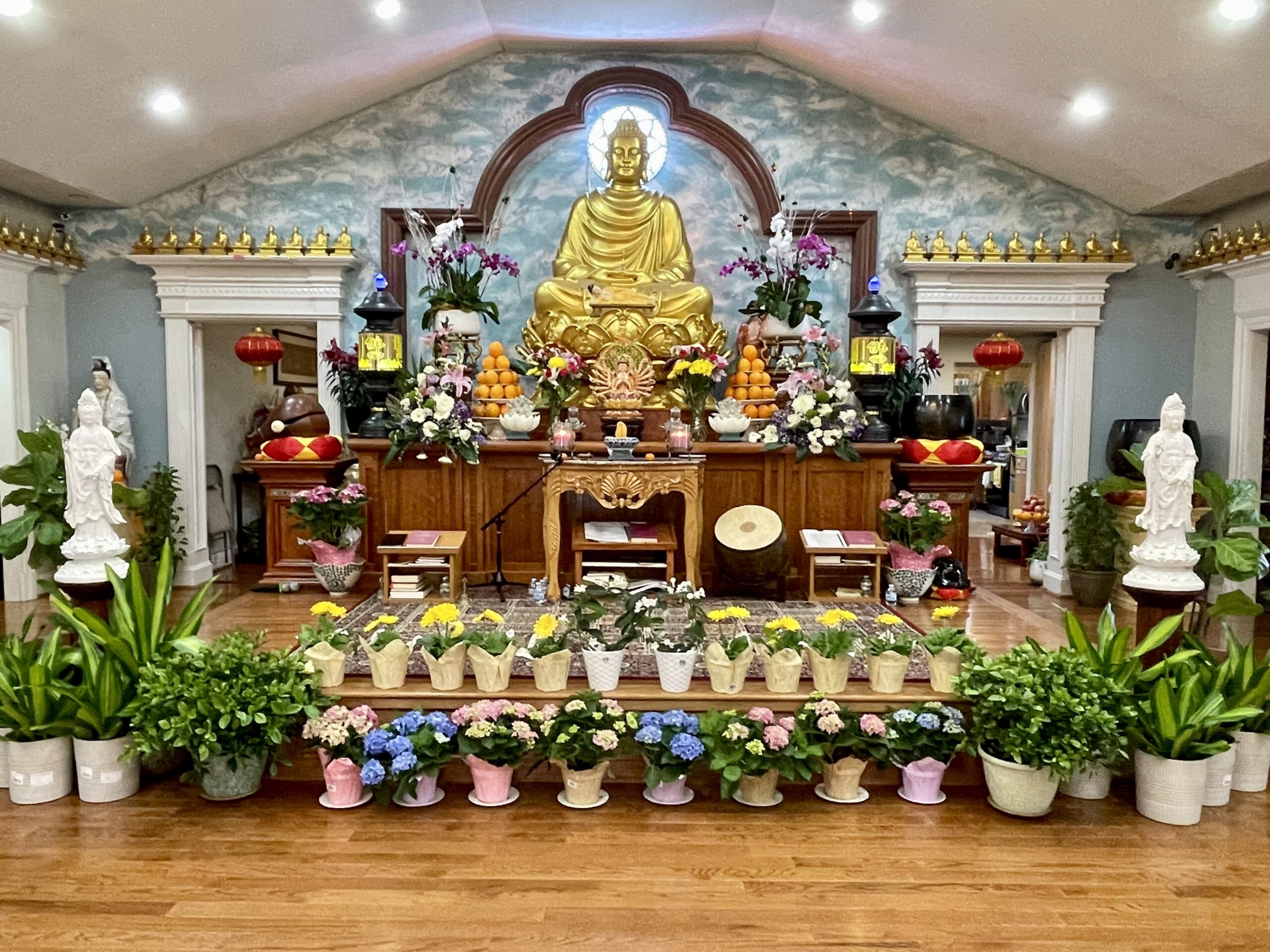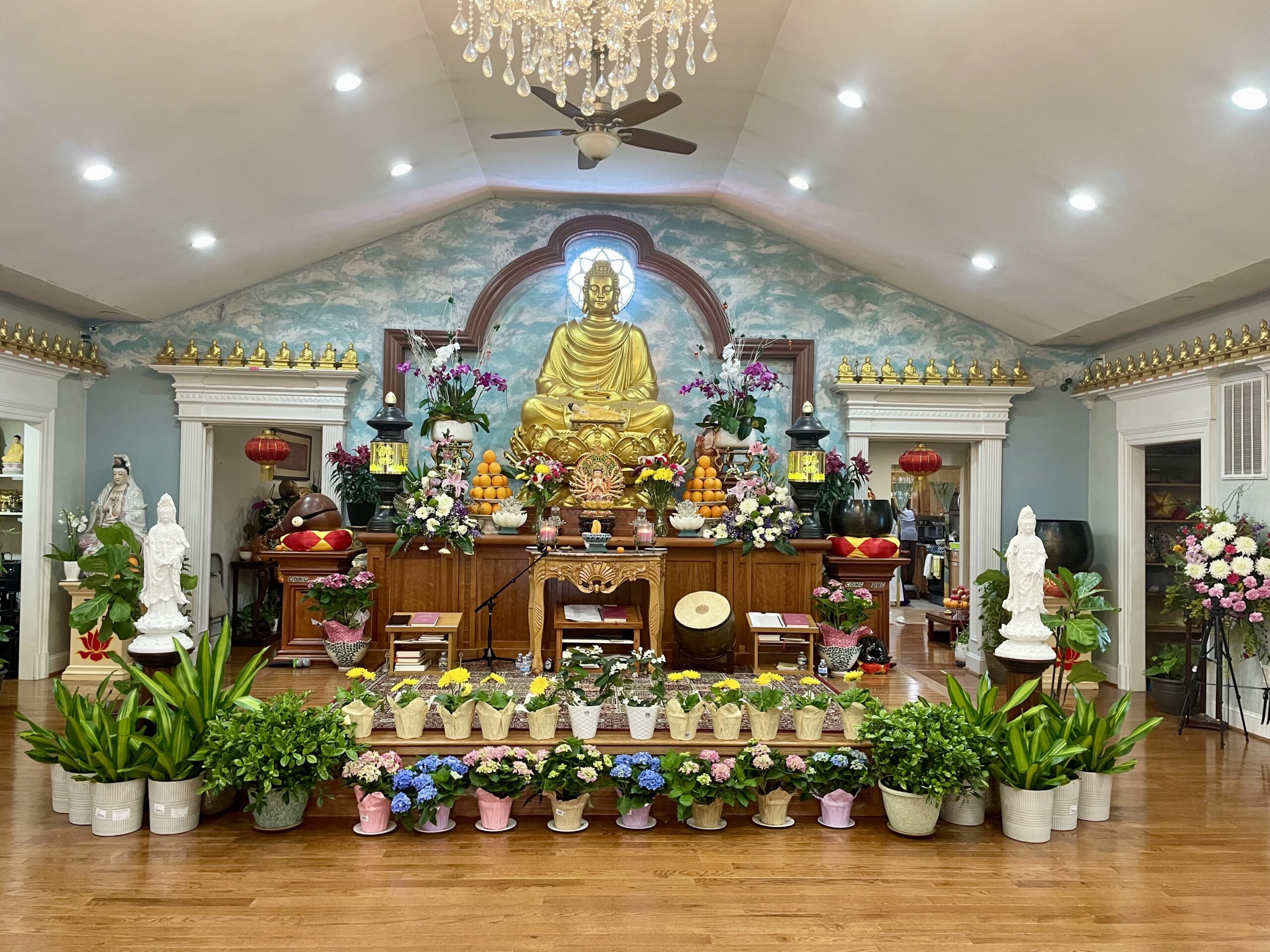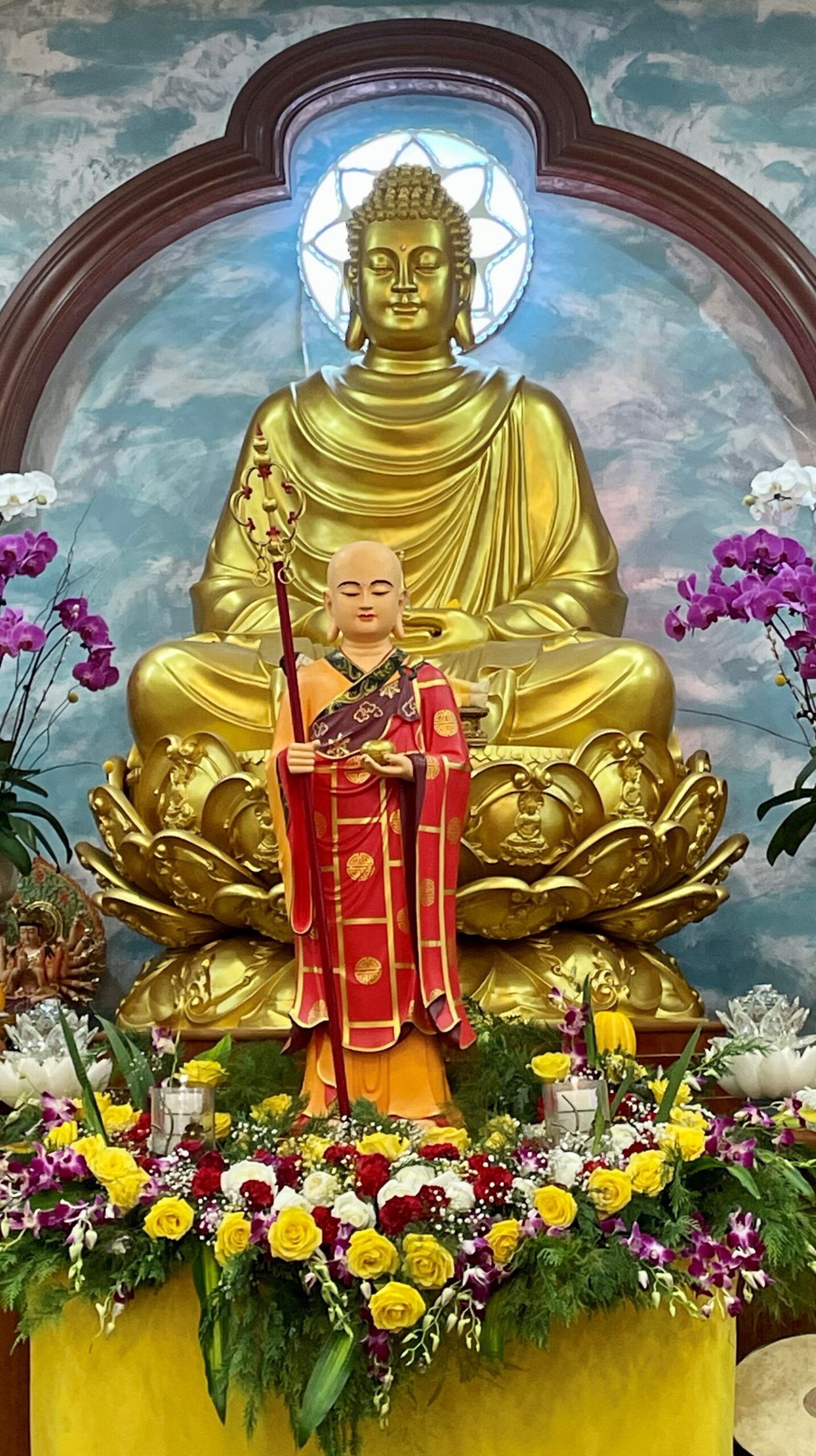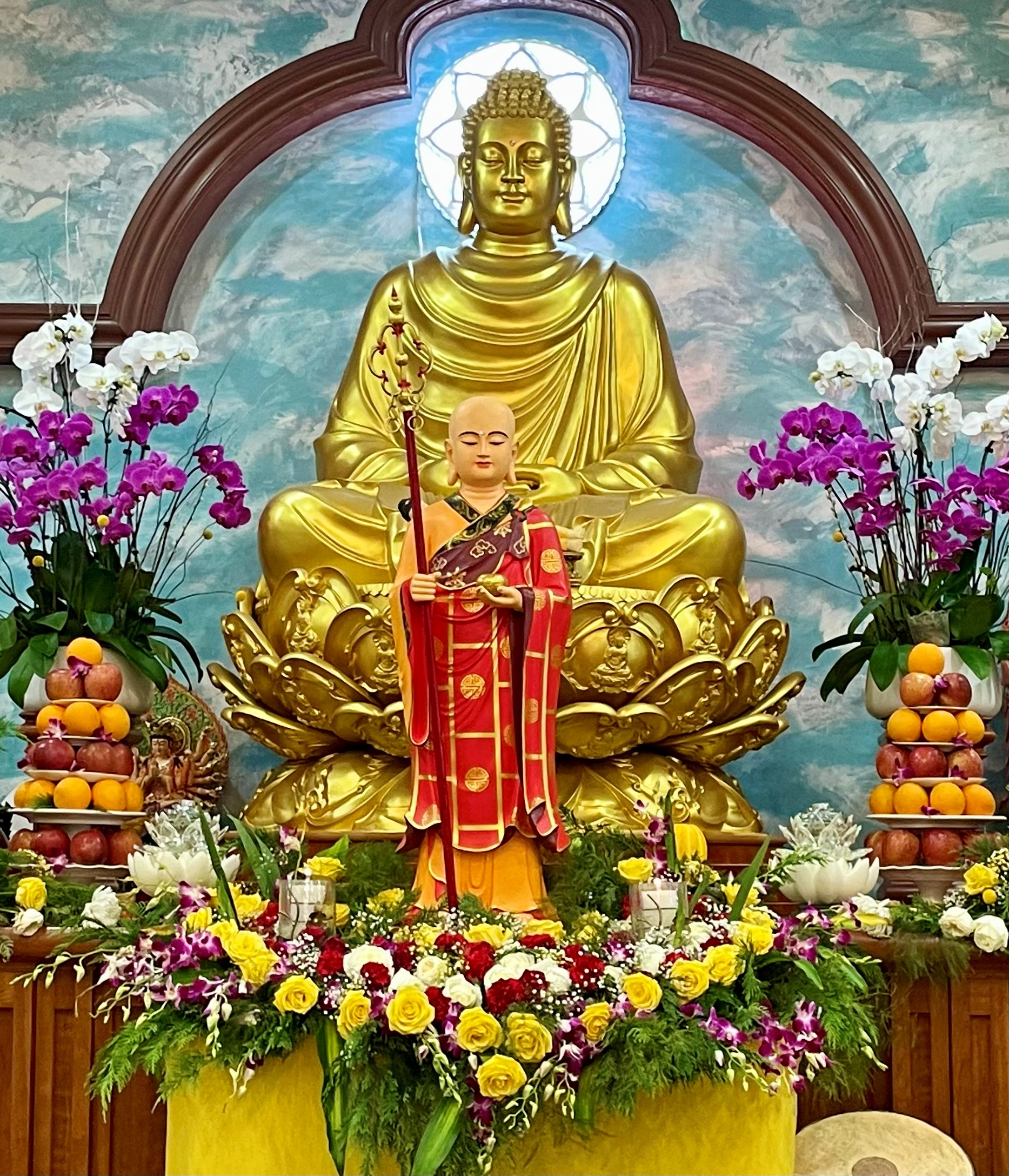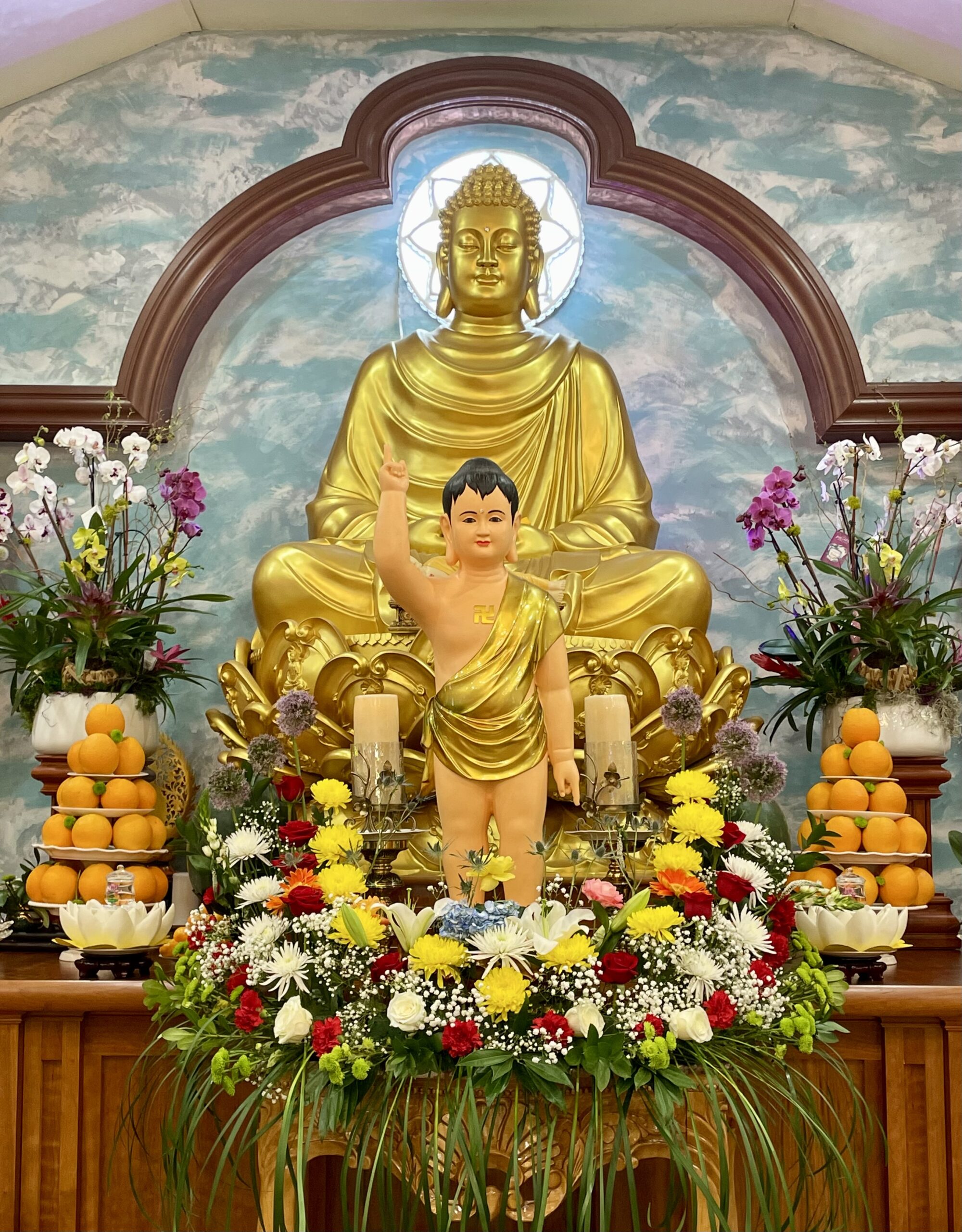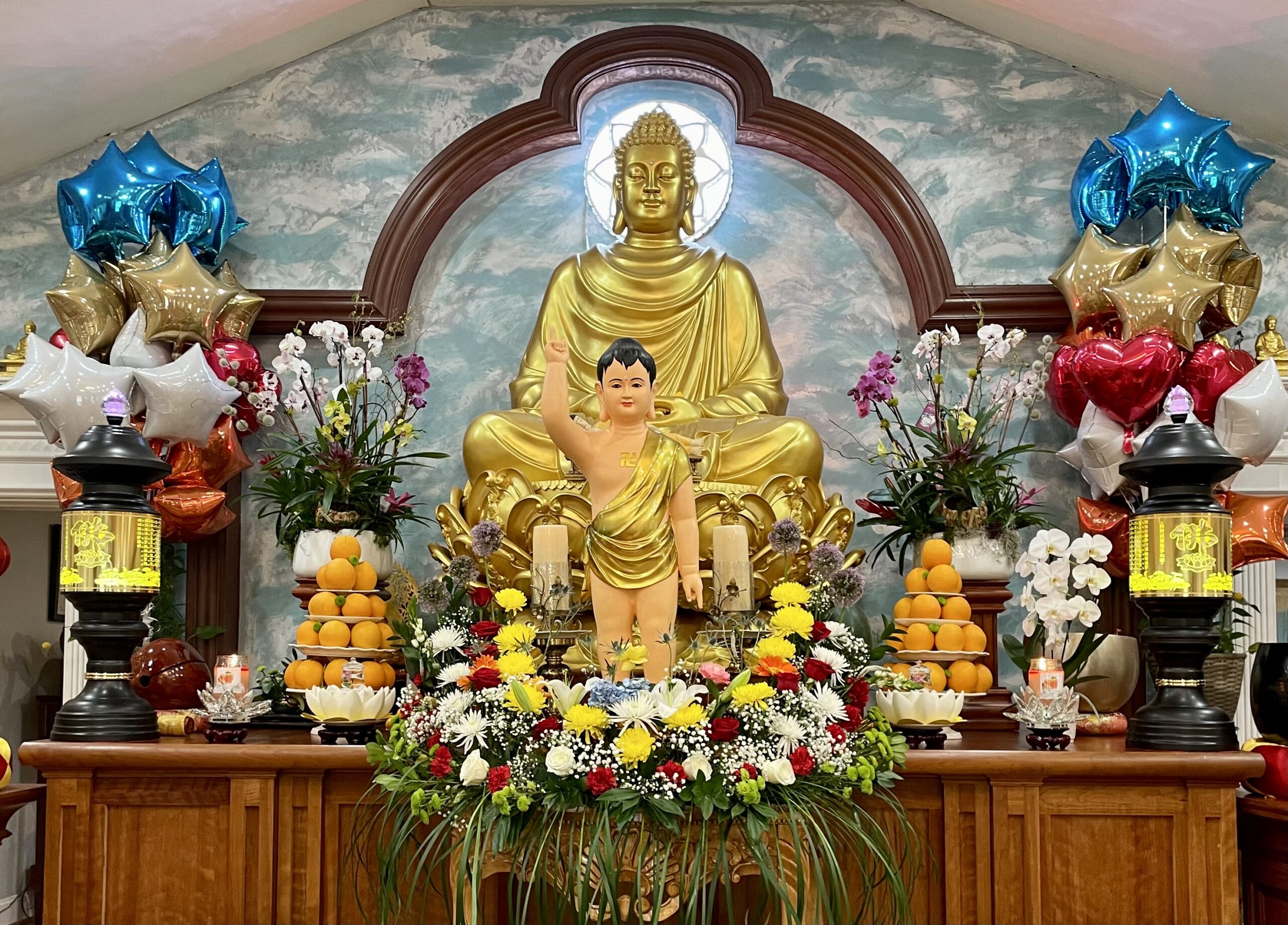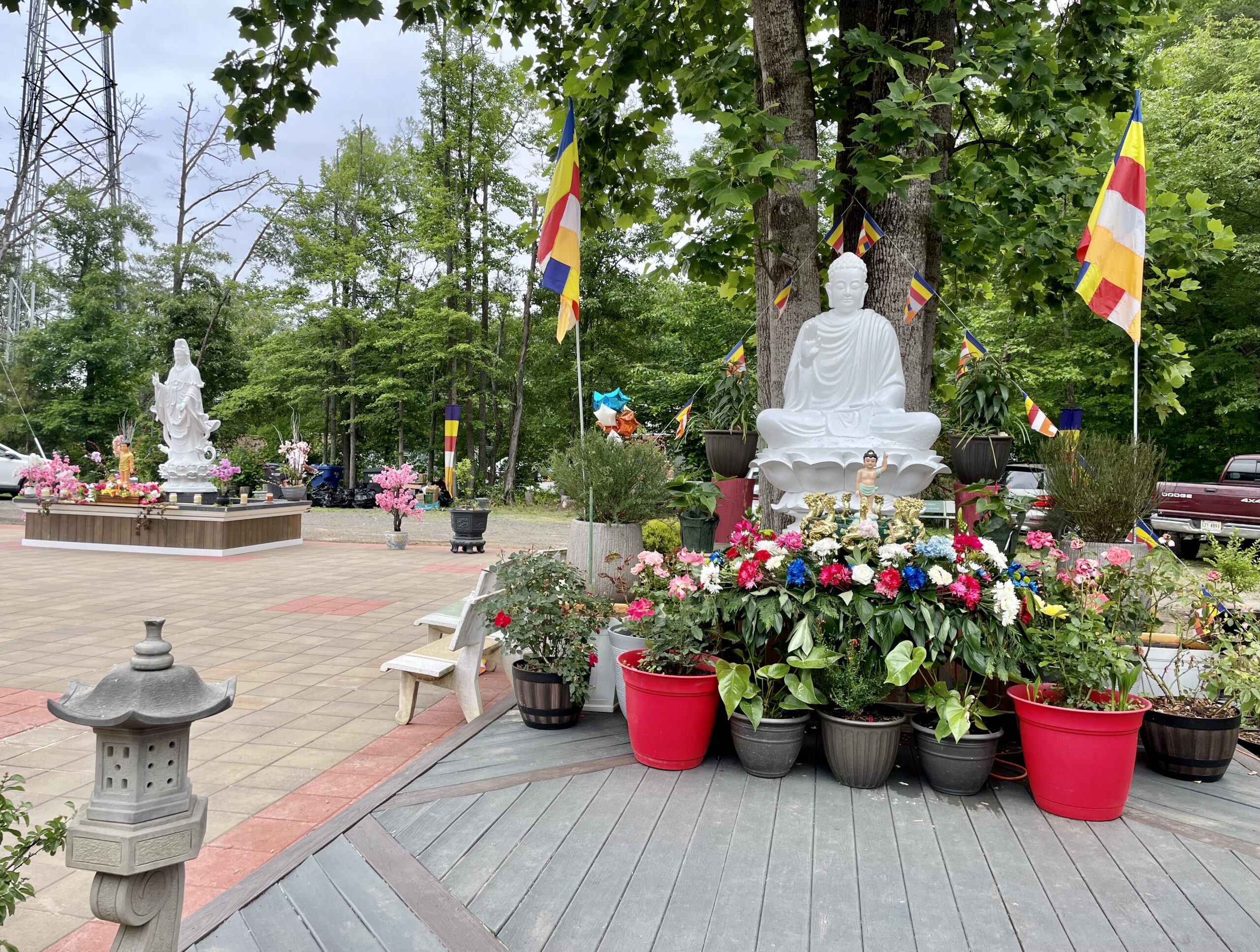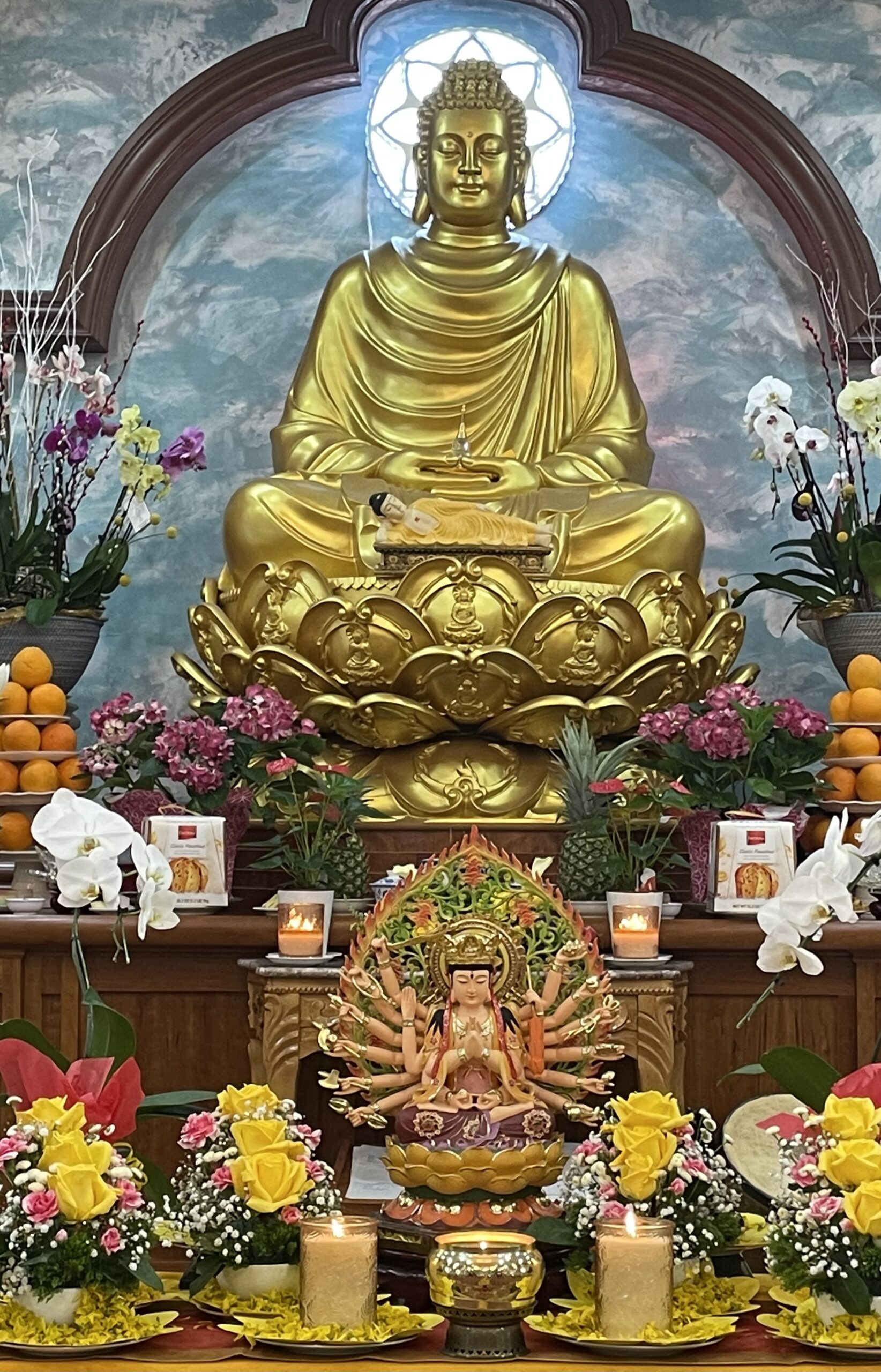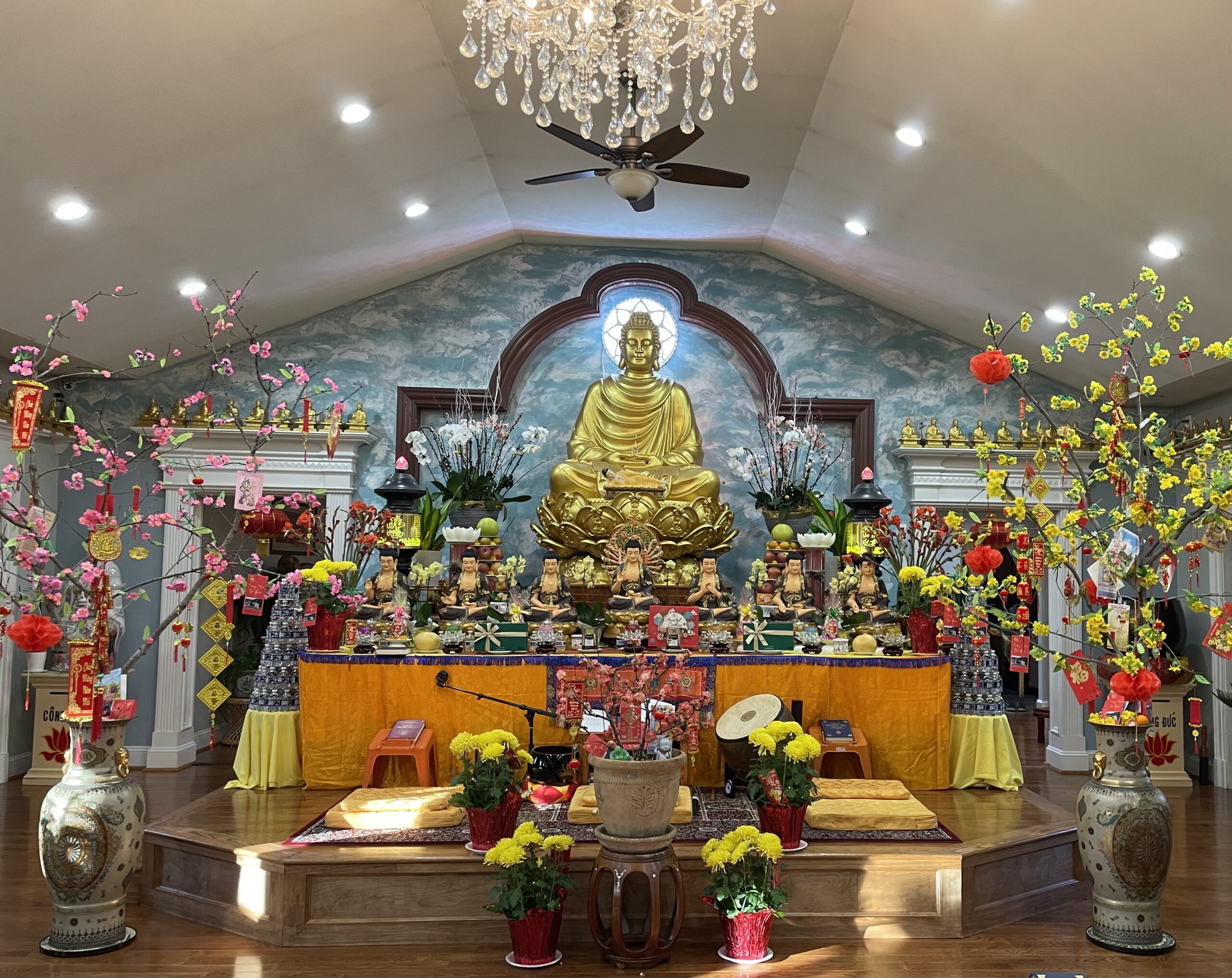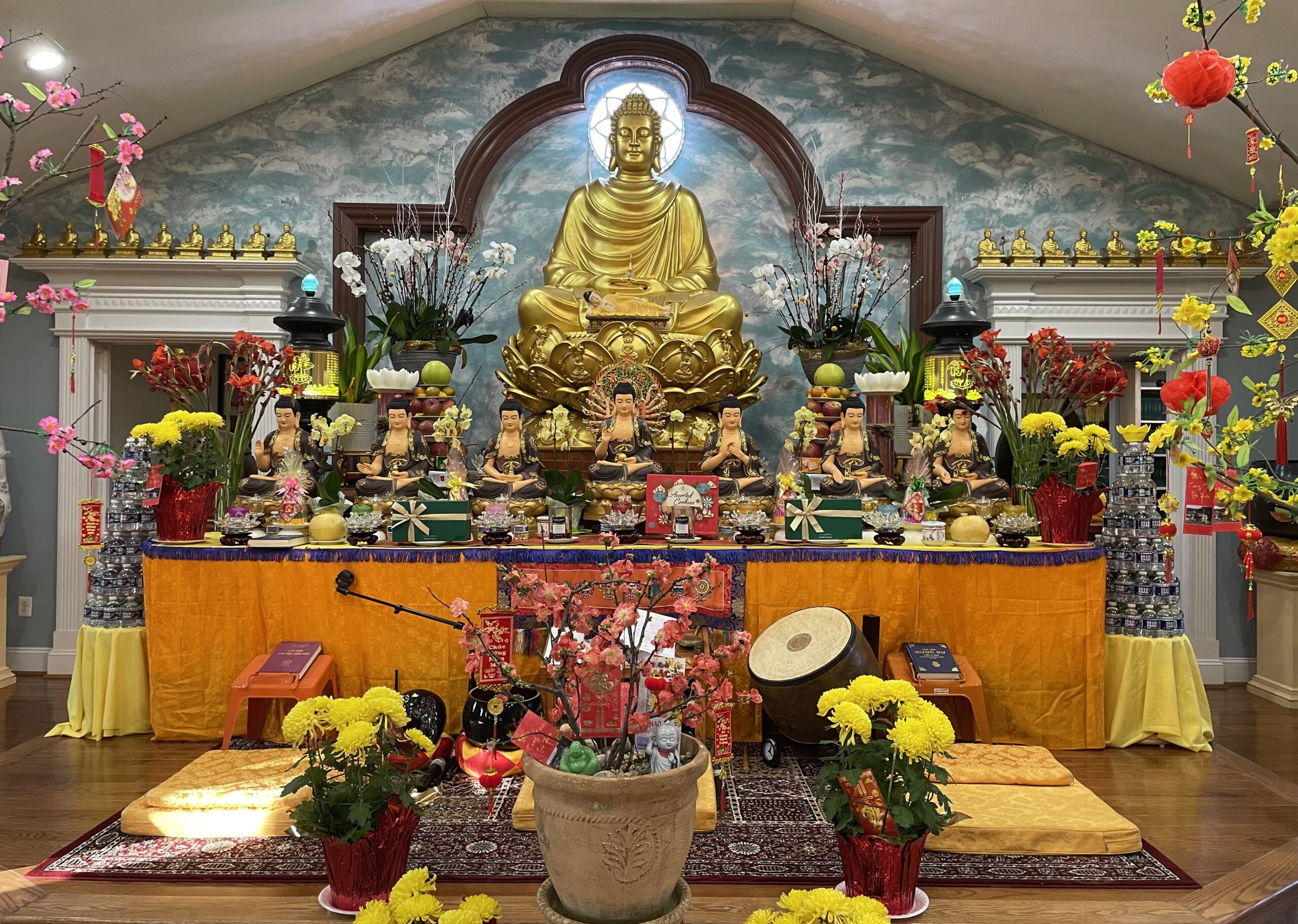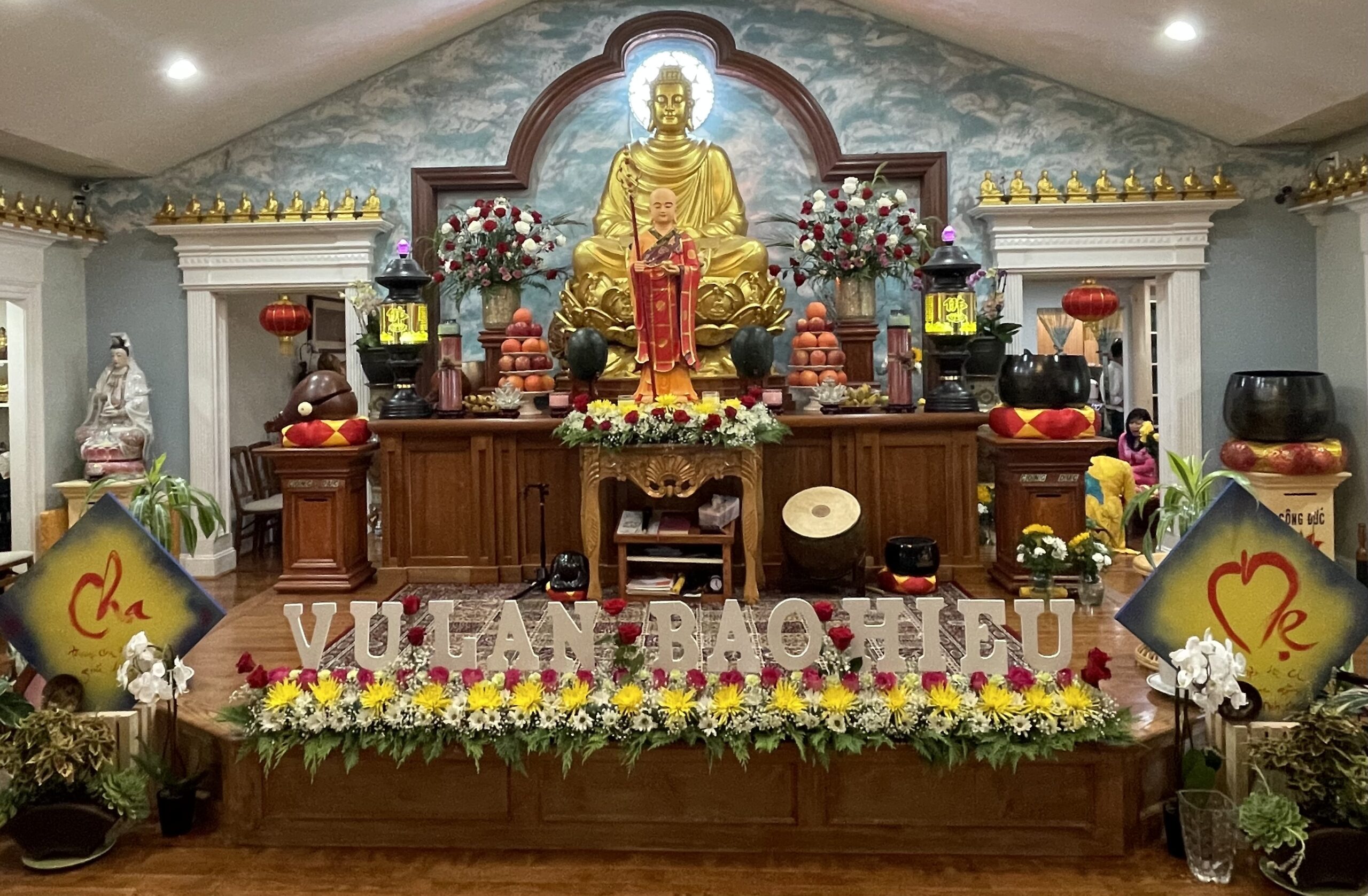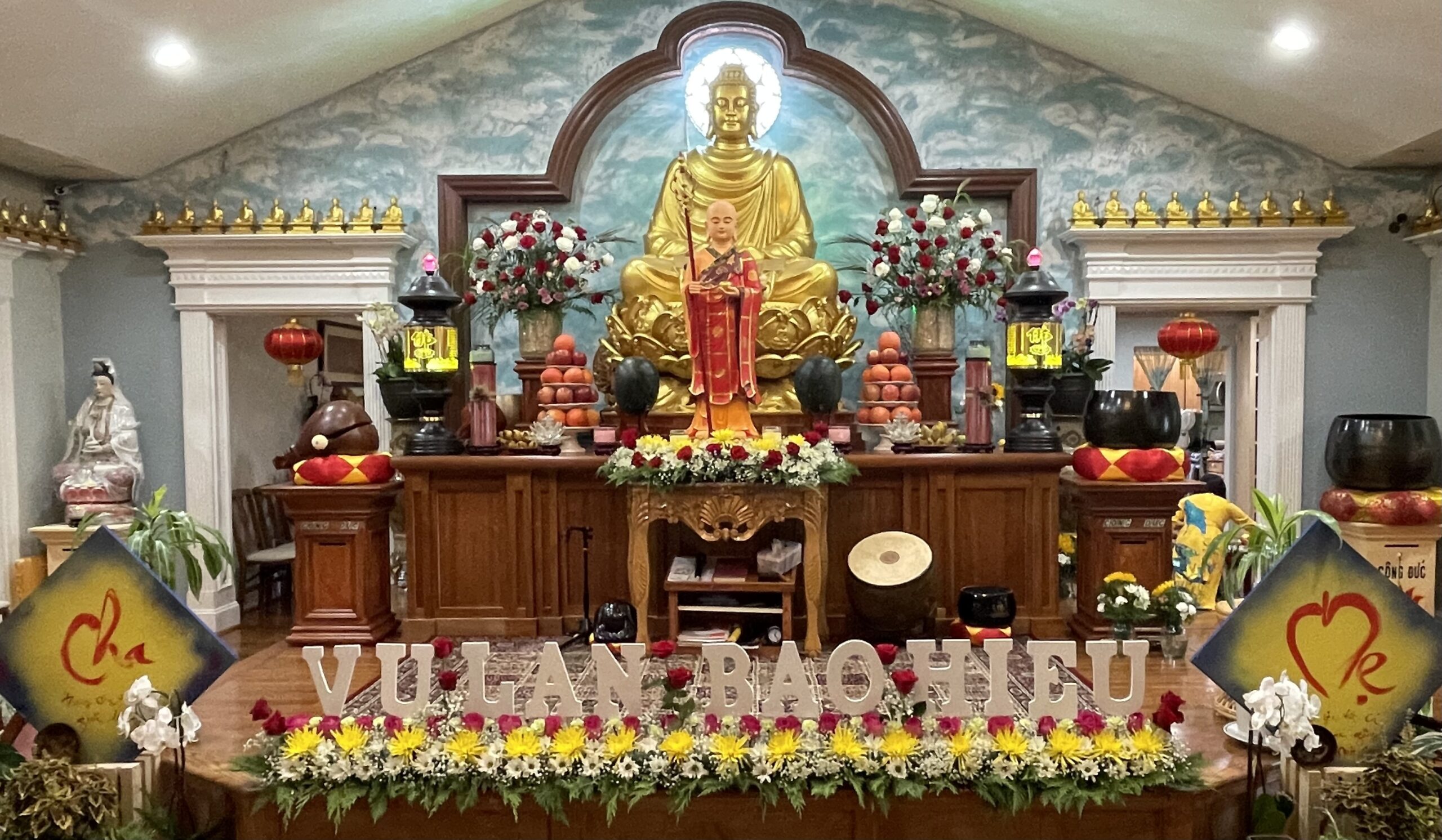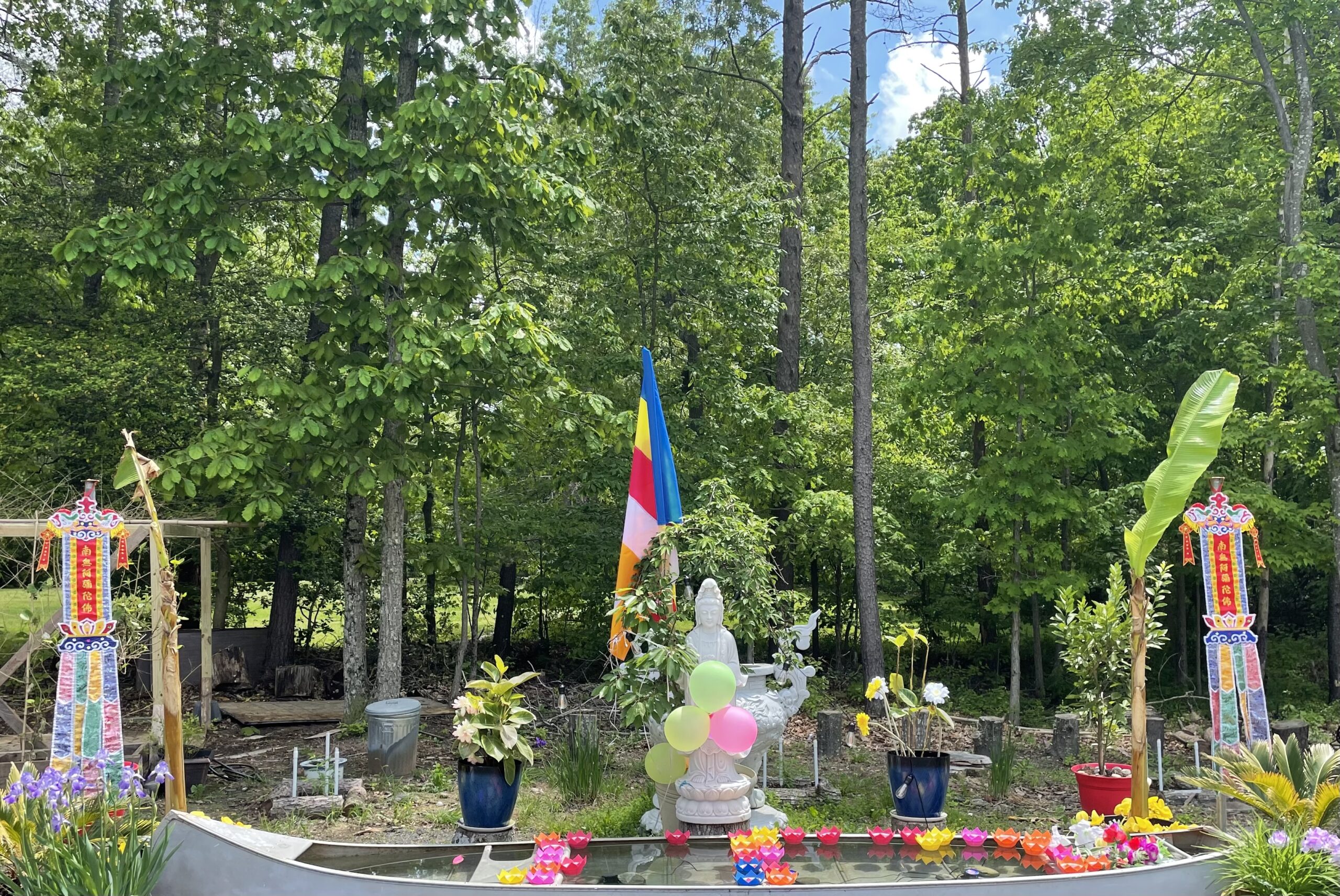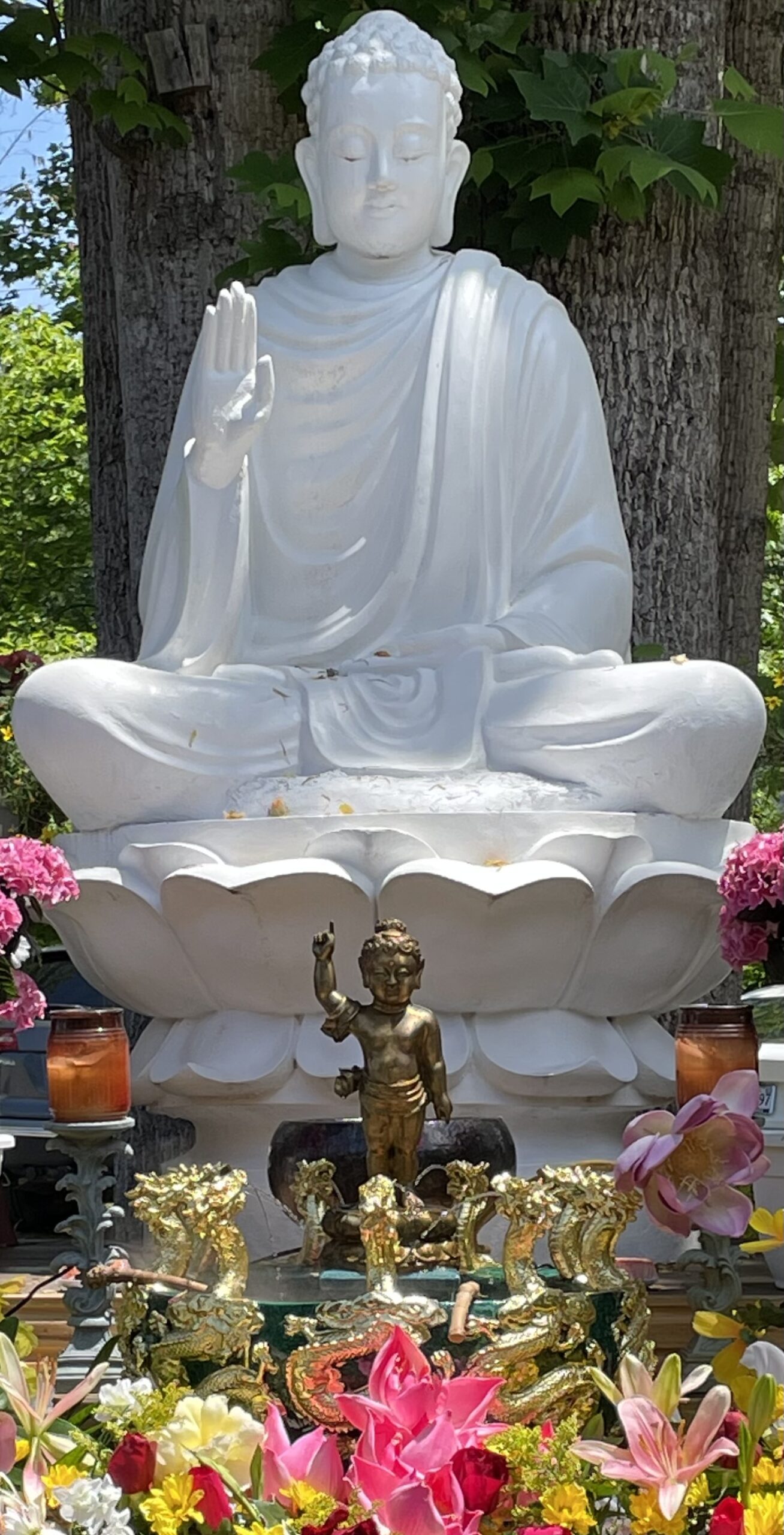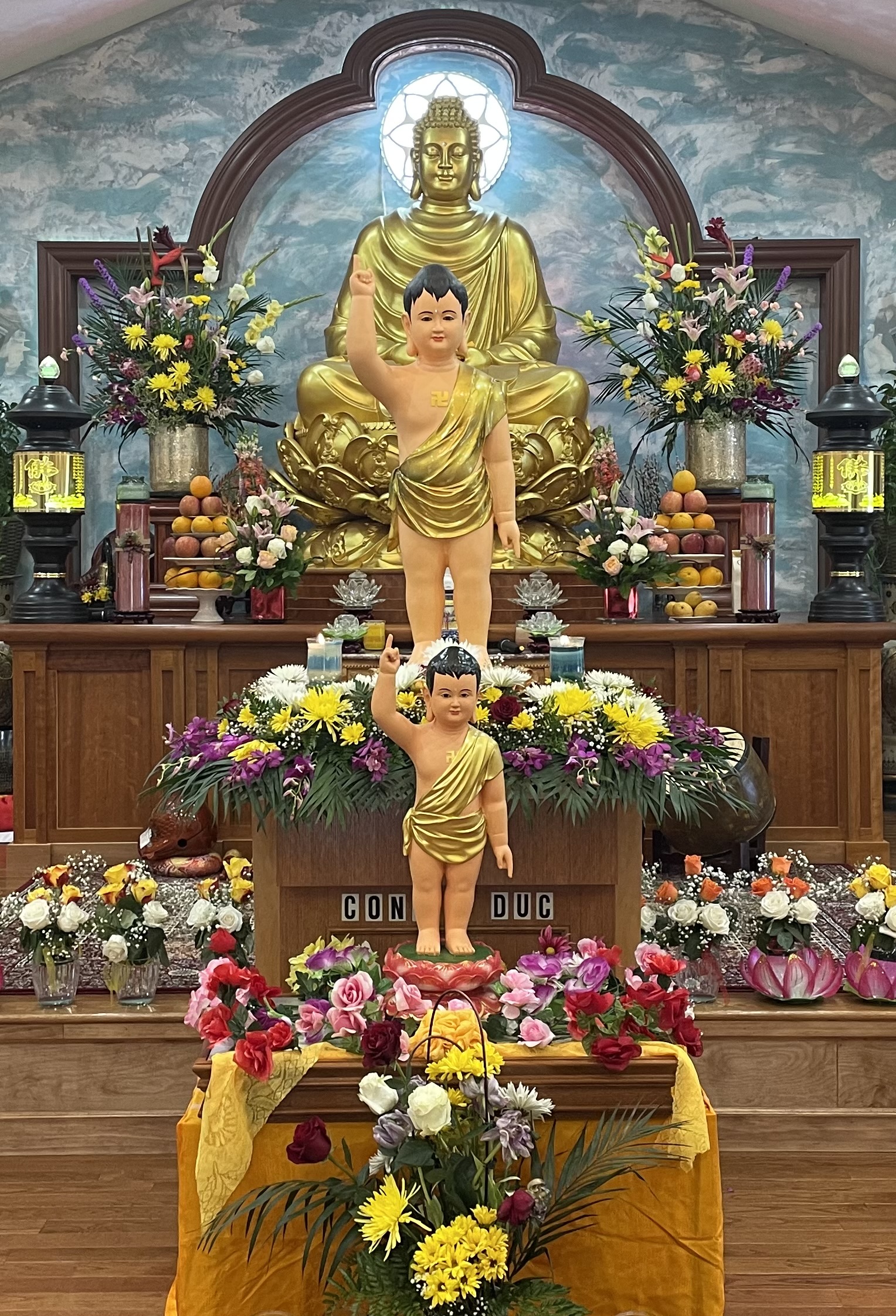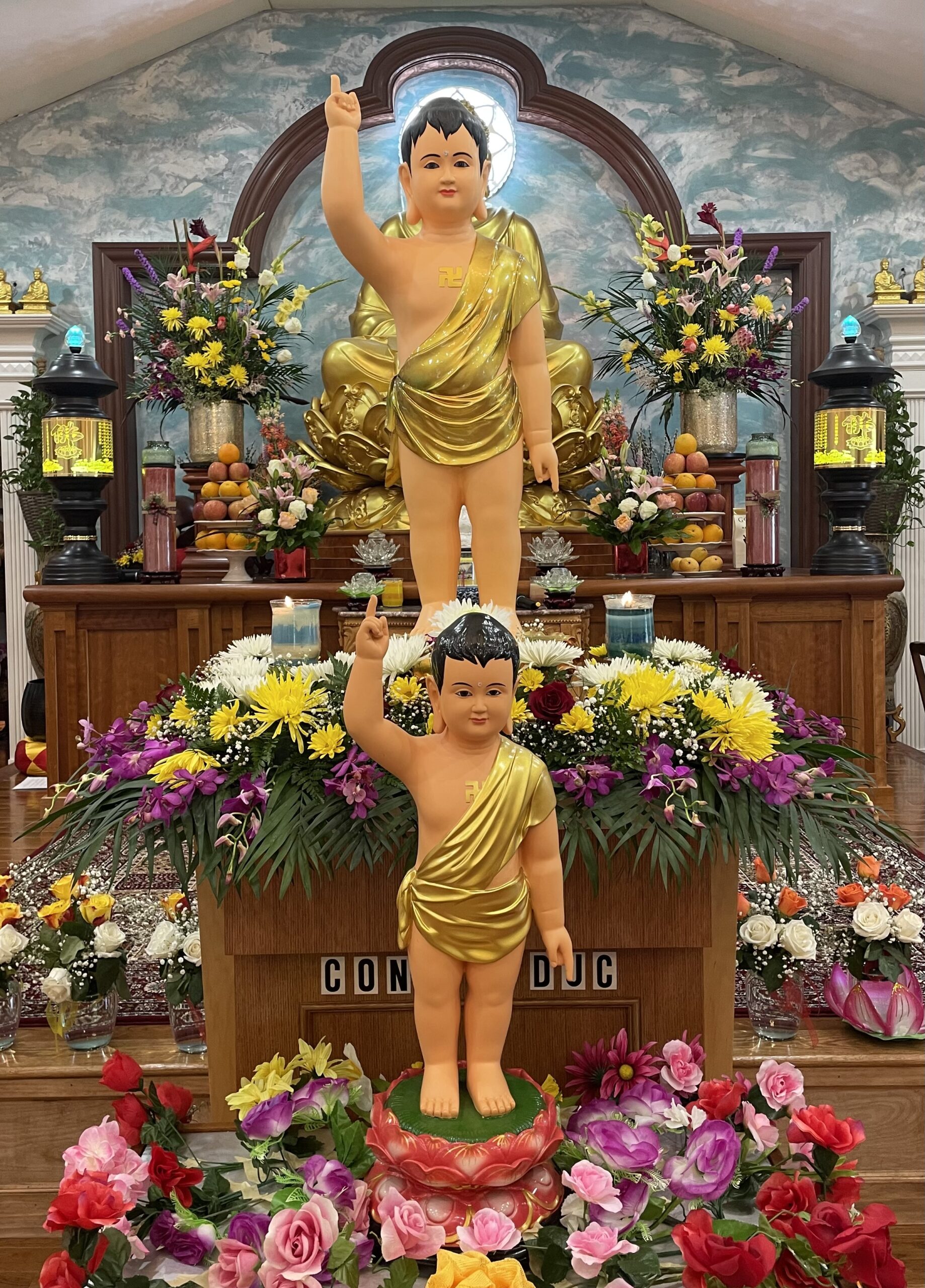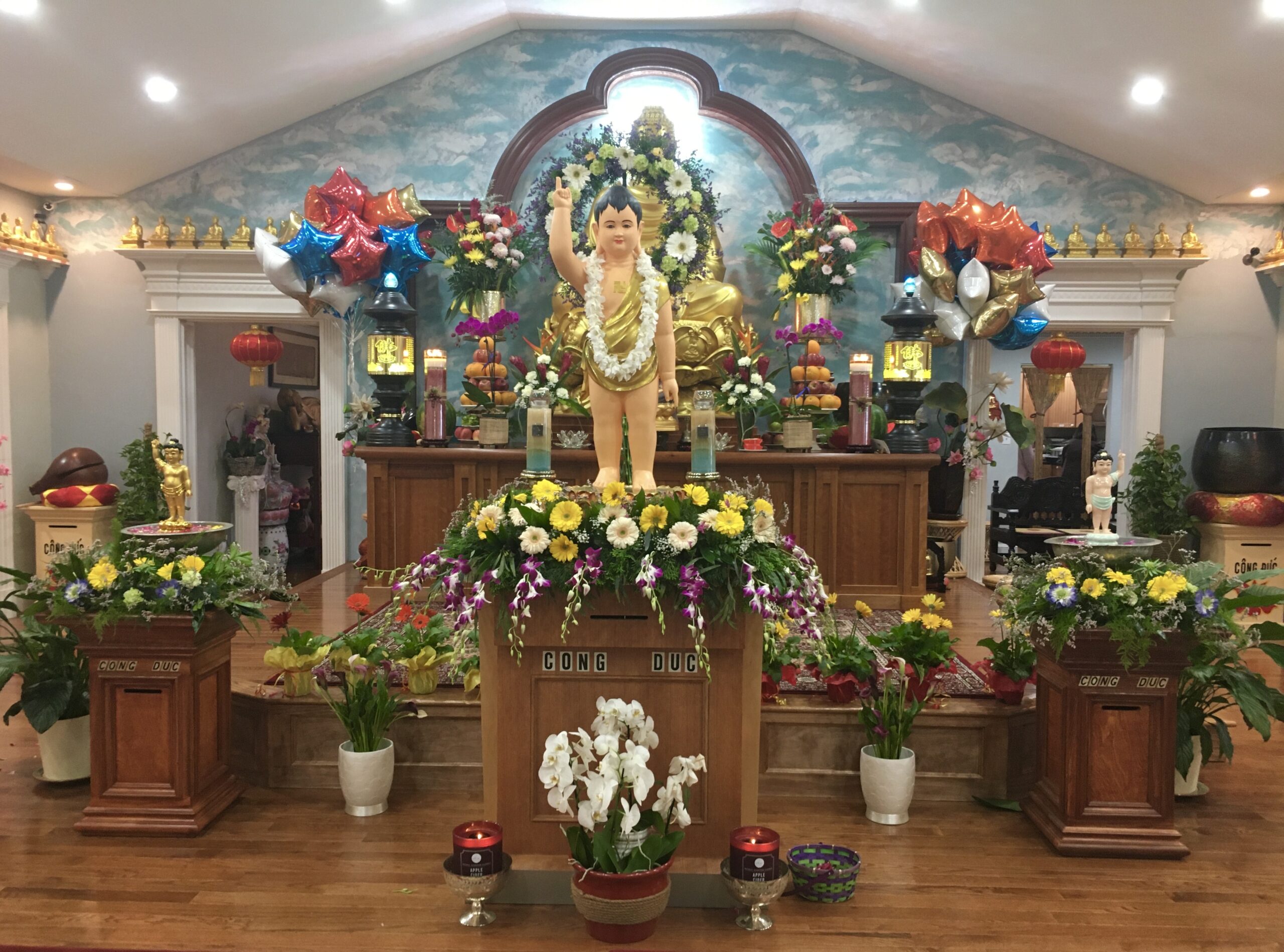Hoa Vo Uu (Buddha Dharma Education Association)
Venerable Shravasti Dhammika
The Buddha’s Words of Wisdom
Venerable Subhũti and a believing monk came to the Lord, sat down, and the Lord said to Subhũti: “Who, Subhũti, is this monk with you?”
“Sir, he is a believer, the son of a believing disciple; he went forth from a believer’s home.”
“But, Subhũti, does he have the traditional characteristics of believer?”
“Now is the time, Lord, to tell me the traditional characteristics of a believer, then I will know whether or not this monk has them.”
“Then, listen carefully and I will speak. Concerning this, a monk is virtuous, he lives restrained by the rules of training, he is well-equipped with practice, seeing danger in the slightest fault, and he follows the precepts and applies himsef to them. Furthermore, he has heard much, he learns it in mind and remembers what he has heard.
Those teaching that are beautiful in the begining, beautiful in the midle and beautiful in the end, in both the letter and the spirit, laying down the holy life in all its perfection and purity—those teachings he listens to much, remembers, recites, ponders over and penetrates with wisdom.
“Again, he has friendship with the beautiful, fellowship with the beautiful, companioship with the beautiful.
“Again, he is pleasant to speak to, endowed with qualities that make it easy to; he is patient and clever at grasping the meaning of instructions.
“Yet again, in all dealings with his fellows in the holy life, great or small, he is clever and energetic, possessing the ability to give proper consideration to them, knowing what is the right thing and how to do it.
“Yet again, he delights in Dhamma, he rejoices greatly in higher Dhamma and higher discipline, and is pleasant to speak with about it.
“Yet again, he has resolute energy for abandoning bad qualities, he is stout and strong in acquiring good qualities, not shrinking the burden of good qualities.
“Yet again, he can attain easily and without difficulty the four jhãnas which are of the clearest consciousness and are conncected with happiness here and now.
“Yet again, he can recall his former lives—one, two, five, ten, a hundred, a hundred thousand.
“Yet again, with god-like vision, purified and surpassing that of ordinary men, he can see the rising and passing away of beings.
“And finally, by the destruction of the defilements, in this very life and by his own comprehension, he attains freedom of mind, freedom through wisdom and abides in it. These, Subhũti, are the traditional characteristics of a believer.”


























